Significance of Ocean Transport in Global Logistics
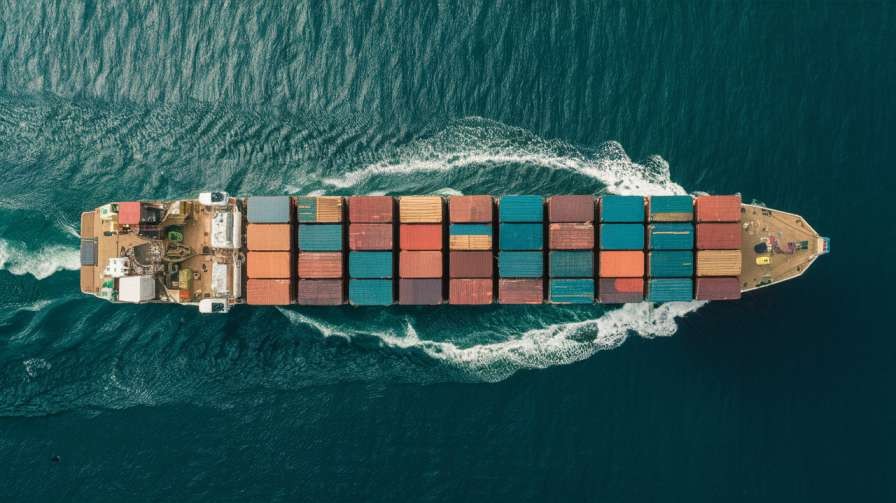
Global logistics is represented by the enormously complicated network of operations that take place in the movement of goods from the makers to the end users worldwide. At the core of such a system is maritime shipping, whose importance is even greater than that of all other modes of transportation and is, therefore, the primary way of trade between countries. As the shipping of over 90% of the world's products occurs by sea, it is the most popular mode that handles a large variety of goods, from raw materials to finished goods. This blog explores the major role of ocean transport in global logistics while highlighting its cost-effectiveness, environmental influences, challenges, and future prospects. Are you excited to sail in the open waters of worldwide trade with us?
Evergreen Line is a pioneer in terms of environment conservation among the maritime industry. We have initiated measures to boost fuel efficiency throughout their fleet; thus, we have cut off emissions of greenhouse gas by a significant margin due to compliance with international regulations. This commitment . . . also reflects the wider trend towards greener logistics operations.
The Backbone of International Trade
Worldwide trade by sea has been a key component of the world's economic growth, allowing merchandise to be transported over great stretches with unrivalled effectiveness. The data shows that more than 90% of international trade depends on maritime shipping because the industry is a main player in connecting economies around the globe.
The diversity of products transported by ocean freight is simply breath-taking. From raw materials such as ores and grains to manufactured products like electronics and automobiles, almost all industries use sea shipping as its means of transporting goods across oceans.
Another instrument through which Evergreen Line excels is innovative ship design. Their latest vessels are designed with advanced aerodynamics and equipped with modern efficient technologies that reduce fuel consumption and other emissions. Such initiatives show that Evergreen Line is actively involved in making ocean transport more sustainable.
Furthermore, ocean transport is suitable for carrying a wide range of cargoes, not only bulk commodities like coal and oil, which are often transported in large quantities without any packaging but also containerized cargo, where uniform shipping units of goods are placed in containers, maximising intermodal transport.
This capability gives ocean transport the advantage of being the most widely used shipping method for companies that are cost-sensitive and looking for reliable solutions for transporting their products across international markets. While exploring the reasons behind ocean transport's overwhelming influence on global logistics, we'll also examine the benefits it brings and the threats it might face in the future.
Cost-Effectiveness of Ocean Transport
Ocean transport has the most competitive advantage over long-distance goods shipping compared to other forms of transport, such as air and land.
Unlike air transport, which is much faster but comes at a premium price, ocean transport offers an economic alternative. Air freight is often regarded as the better option for time-sensitive or high-value cargoes, while the enormous volume and weight carrying capacity of the sea vessels make them the primary choice for shipping most cargoes.
There are a number of reasons why ocean transport is cheaper than other transport systems. Number one is fuel efficiency. Although modern cargo ships are not high-speed vessels, they are designed with fuel efficiency in mind. Consequently, maritime transport of large volumes of goods becomes economical and environmentally sustainable. In addition to that, the possibility of loading huge loads in a single trip not only reduces per-unit transport costs but also makes it convenient for businesses with the goal of saving on logistics expenditures and ensuring timely delivery of goods.
Environmental Impact
Within global trade, which is powered by ocean transport, there are environmental hurdles that emerge. As opposed to other types of transport such as ship and road, sea shipping on average has a relatively smaller level of carbon footprint per ton of freight carried than that of air and also rail transportation. Nevertheless, some say that the detrimental impact on the environment is associated with the extensive sheer operations of global shipping rides.
A bigger problem may be greenhouse gas release, which includes the main atmospheric constituents such as carbon dioxide (CO2), sulphur oxides (SO2), and nitrogen oxides (NOX). Furthermore, bilge discharge and marine litter add further to marine pollution and ecosystem degradation.
The maritime industry finds discrimination against the marine environment to be a top priority in its range of actions and innovations. Emission reduction plans include the adoption of cleaner fuels like LNG and the transition to low-carbon technologies like wind-assisted propulsion and hydrogen fuel cells. Along with it, stricter environmental regulations were put in place, and the International Maritime Organization's (IMO) sulphur emissions cap is being implemented to restrict ship emissions levels.
The ship design innovation, including hull optimization and energy-efficient propulsion system, is also ensuring the improvement of ocean freight's eco-friendliness. Sustainable factors like slow steaming and route optimization save fuel and, vice versa, cut down greenhouse gas emissions. The maritime industry, comprising ships, ports, and shipyards, utilises technology and various initiatives to prevent environmental damage and help towards a sustainable future.
Challenges and Limitations
It is a well-known fact that ocean shipping is heavily dependent on several challenges which contribute to its inefficiency and unreliability in expansion. Piracy is a major obstacle that especially influences the shipping industry in areas like the Gulf of Aden and the Strait of Malacca. Piracy is rather a problem for the ship's security because security measures and operational costs increase for the shipping companies. Evergreen Line has had to grapple with issues such as piracy and geopolitical tensions; therefore, it has instituted sophisticated risk management and security protocols for ensuring the safe delivery of cargo at all times. The company’s proactive strategies highlight security as being key in maintaining an unbroken global supply chain.
Maritime shipments can also be disrupted if there are geopolitical conflicts or tensions, as a result of which cargo delivery occurs with a great deal of uncertainty and timing. Trade spats and sanctions, or even territorial issues, can all trigger interruptions in supply chains, and that means bigger business and operational risks for shipping companies.
The conflict that port congestion causes in the ocean carriers is another crucial factor. Beyond only the raised volumes of goods trade, many ports will no longer have the capacity to cope with the demand, leading to delays in vessel berthing, cargo handling, and carriage.
Ocean transport is slower than air, which is its main disadvantage, alongside other modes of transport. The longer transit time can affect the capability of the supply chain and increase the logistics problems of companies which have time sensitive materials.
In addition, ocean transport may be affected by weather disturbances like storms, hurricanes, and high waves. Adverse weather situations can cause the ship to change its routes, ports to be shut down, and the cargo to be delayed which increases the extent of supply chain disruption.
The proactive approach represents another strength of Evergreen Line as they confront operational issues including port congestion and environmental concerns head-on. These cooperative efforts between them and port authorities as well as investments in better waste management practices demonstrate how they are committed to reducing environmental impact across the shipping cycle.
These challenges require the use of preemptive risk management strategies along with a wide collaboration of all the participants in the maritime industry in order to maintain the resilience and the reliability of ocean transport networks.
The Future of Ocean Transport in Global Logistics
Automation is transforming maritime activities through the adoption of autonomous boats, automated cargo management systems, and UAVs to prevent piracy and ensure that ships and cargo are secure. These progressions simplify processes, decrease work costs, and make onboard ship management safer and more efficient.
Looking ahead, Evergreen Line is investing heavily in digitalization and automation in order to revolutionize maritime logistics. With the integration of blockchain technology by this company, transparency within the supply chain is improved while reliable standards for efficient ocean transport are set.
Digitalization accelerates the process of paperless shipping and e-documentation, while also enabling the use of real-time track and monitor systems. By means of digital technologies such as IoT devices, cloud computing and AI, the traceability of stakeholders across the supply chain becomes feasible, allowing them timely and accurate information to optimise resource allocation and to improve their decision-making ability.
One of the most important parts of blockchain is that it can boost the transparency, security and tracking of goods and services in maritime and supply chain management. The implementation of immutable and decentralised online public data ledgers will provide complete confidence for the stakeholders in data sharing and thus subsidise the risks such as fraud, counterfeiting, and unauthorised access.
Conclusion
Despite the emergence of other means of transport, ocean transport remains the very veins of all-round global trade and logistics, bringing the different world economies together and increasing prosperity. As our ships dock onto the shores of the future, will the rapidly changing technology and the new marketing trends dictate the sailing maps of ocean transport? Only time will tell, but one thing is certain: its significance will endure. This means that choosing an innovative partner like Evergreen Line can substantially boost your supply chain’s efficiency and sustainability when we think about the critical function played by ocean transport in global logistics. It makes them leaders who navigate through intricate waters of international trade because of their dedication towards innovation alongside being environmentally responsible.
Latest Blogs
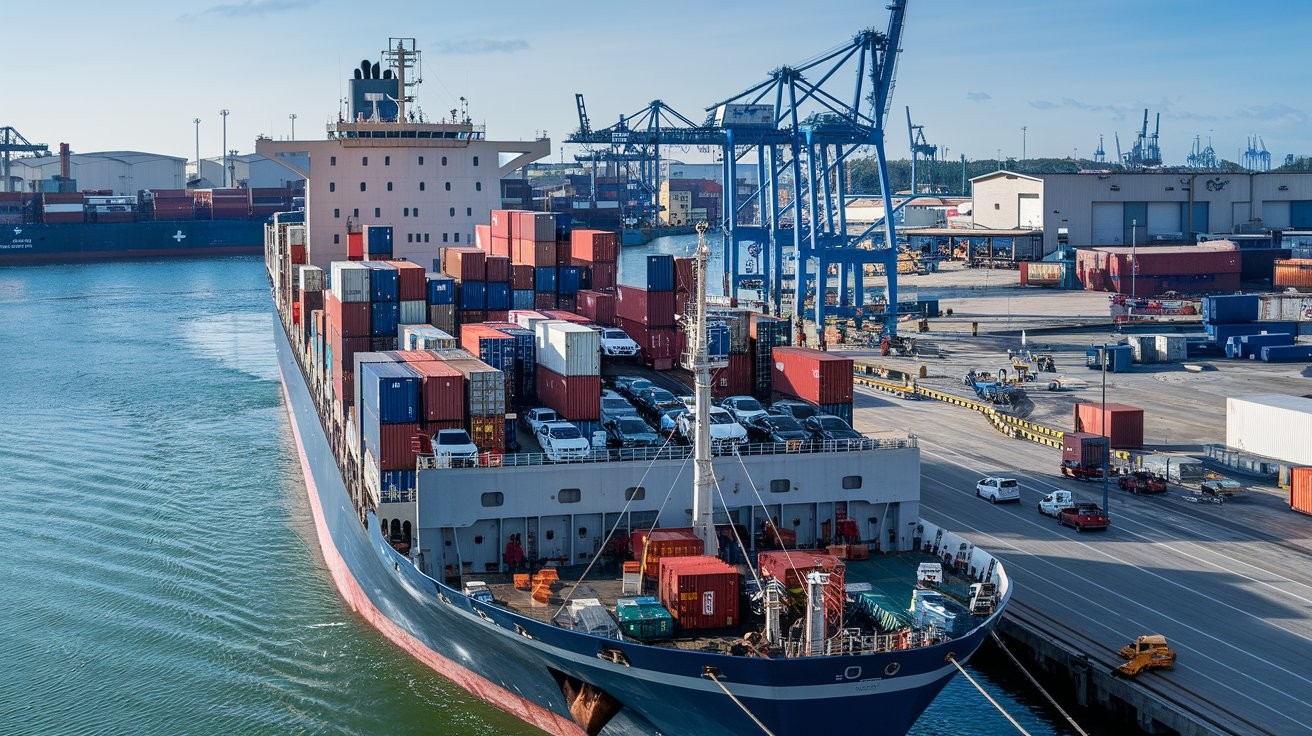
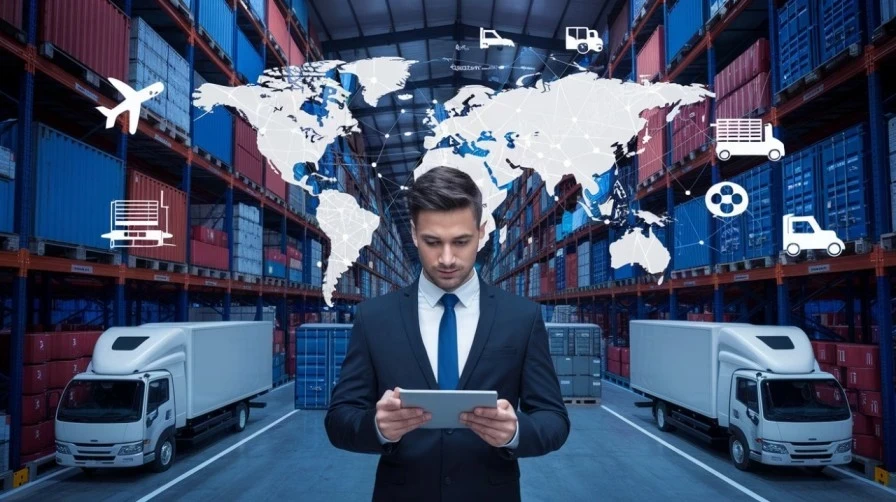
Key Benefits of End to End Supply Chains
20 Sep, 2024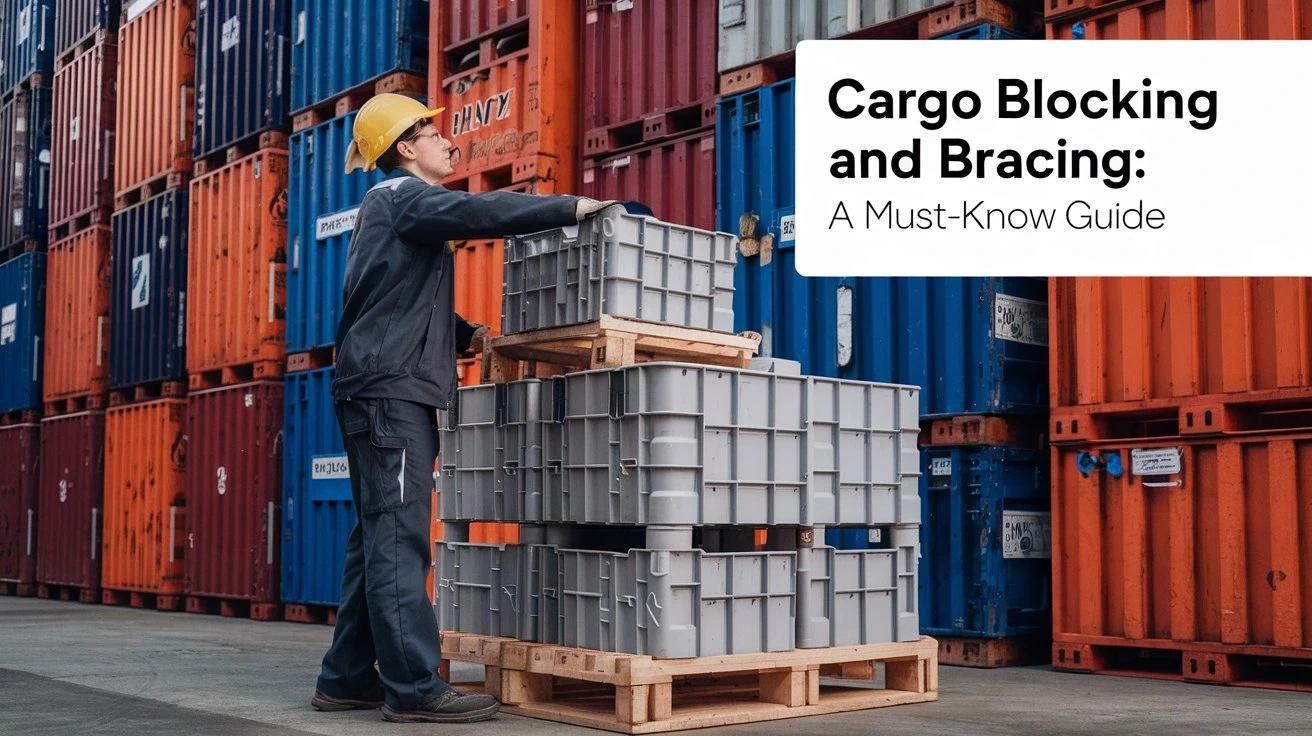
Cargo Blocking and Bracing: A Must-Know Guide
17 Sep, 2024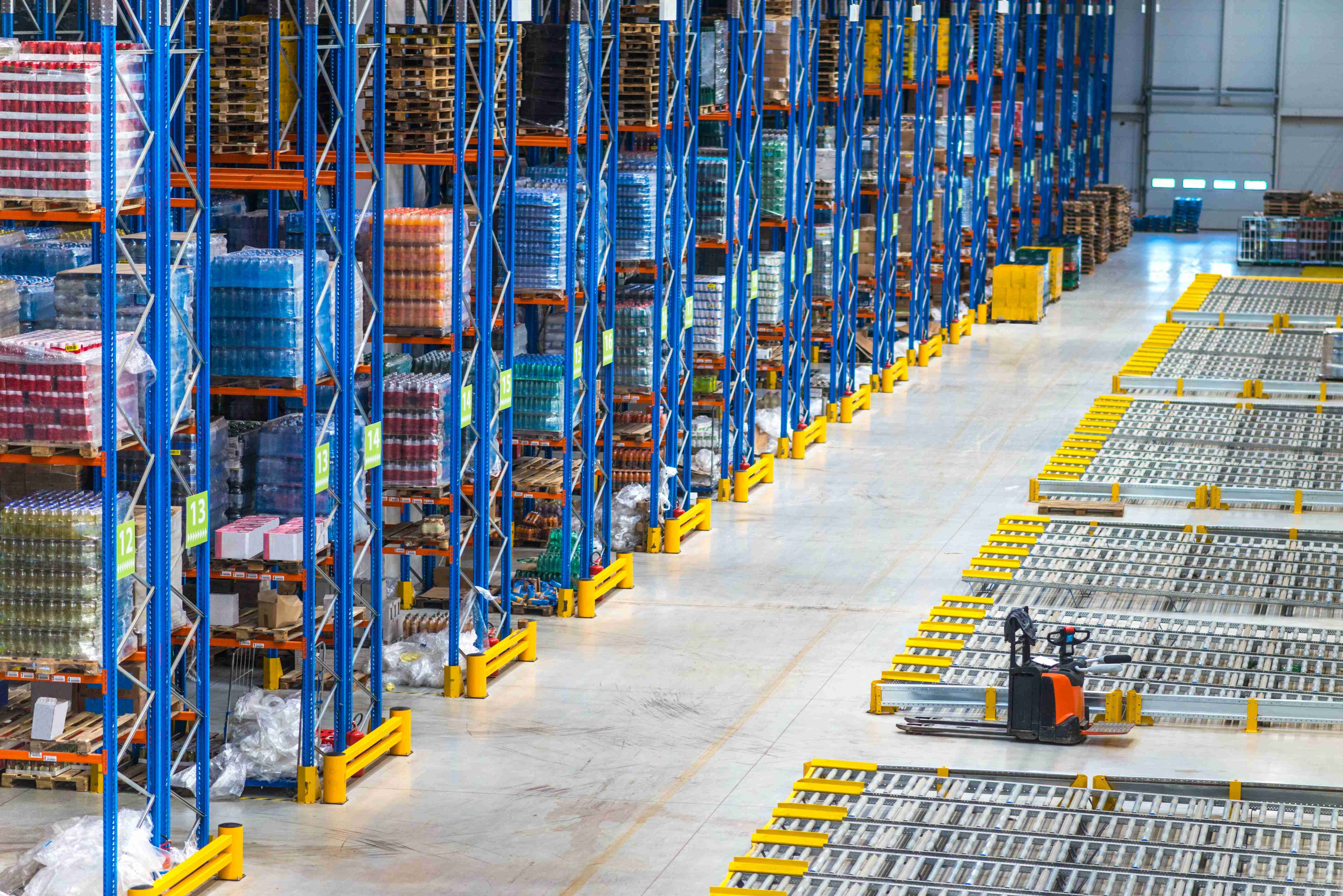
Third-Party Logistics (3PL): A Complete Guide
31 Jan, 2024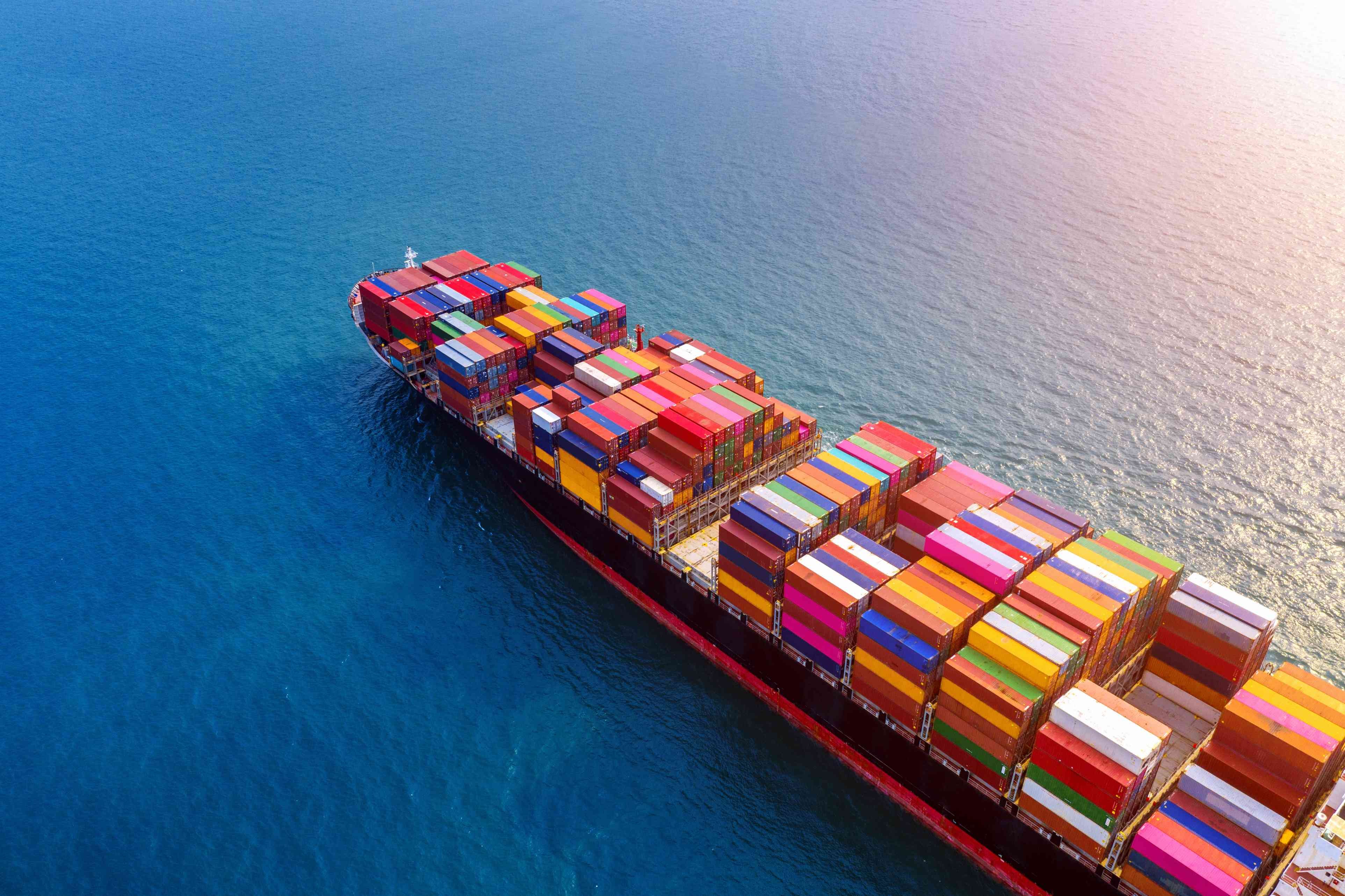
How do I book a container by sea freight
27 Nov, 2023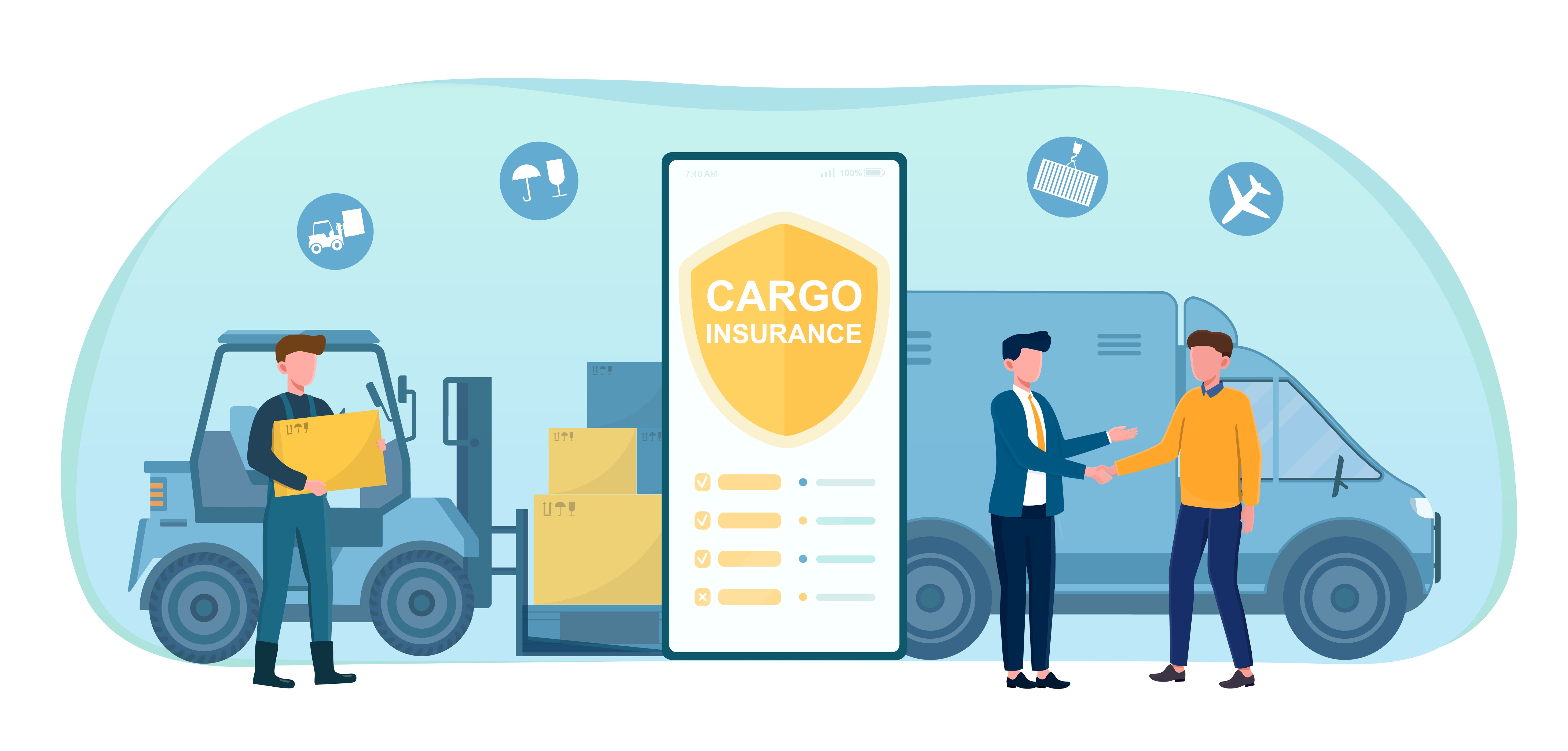
Top Reasons You Need A Cargo Insurance
30 Aug, 2023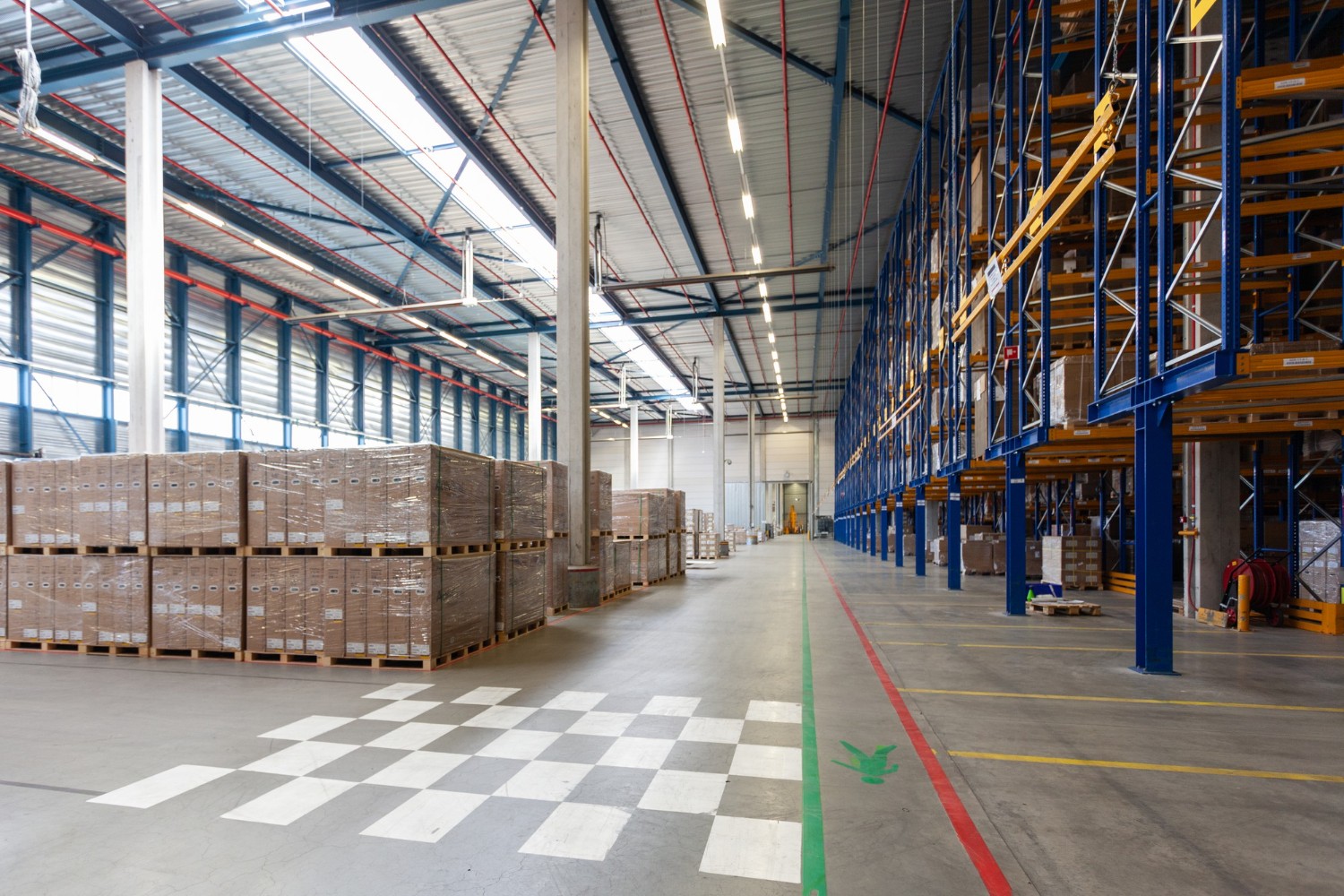
Benefits of Customs Bonded Warehousing
24 Jul, 2023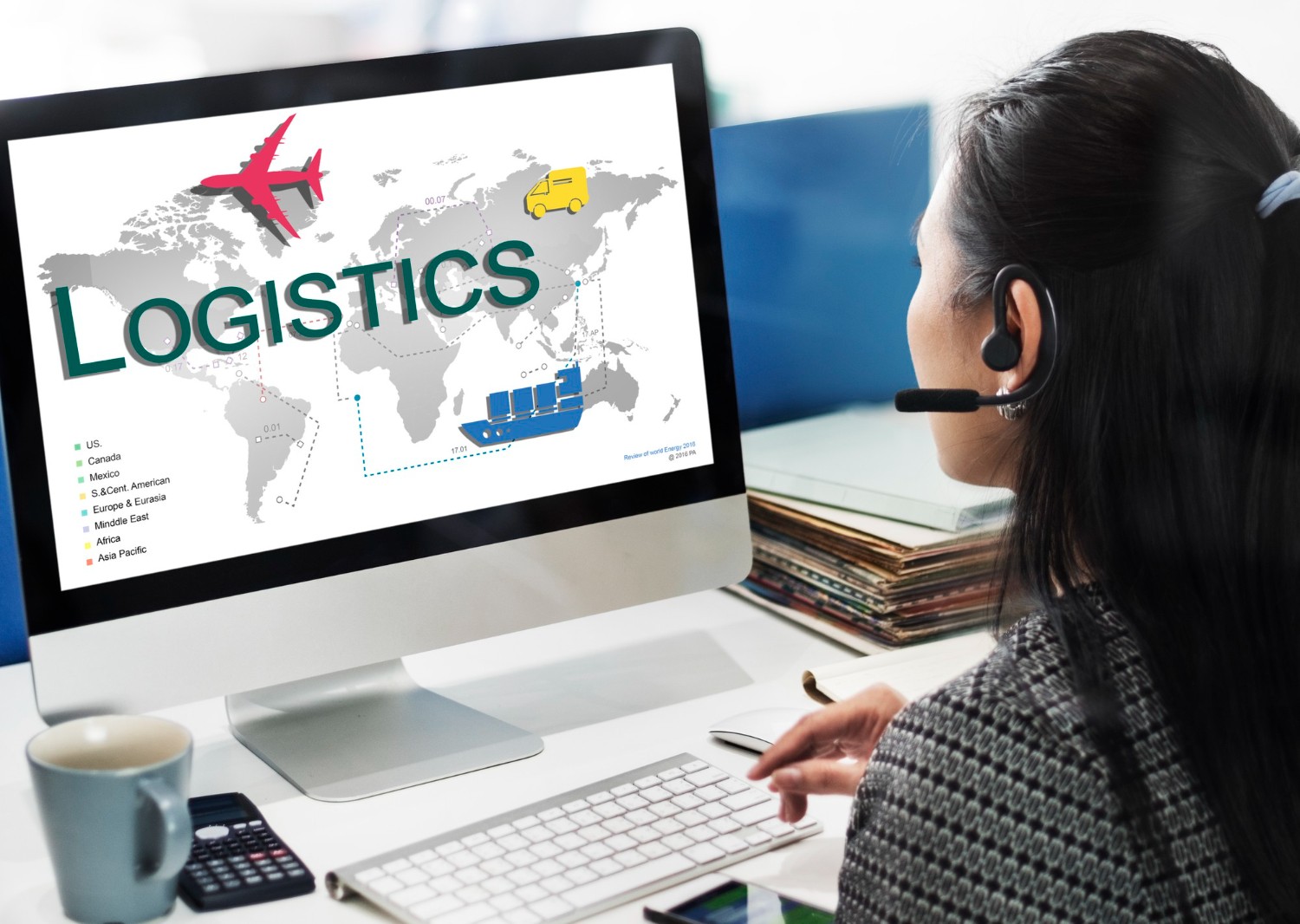
Benefits of Logistics Outsourcing
30 Jun, 2023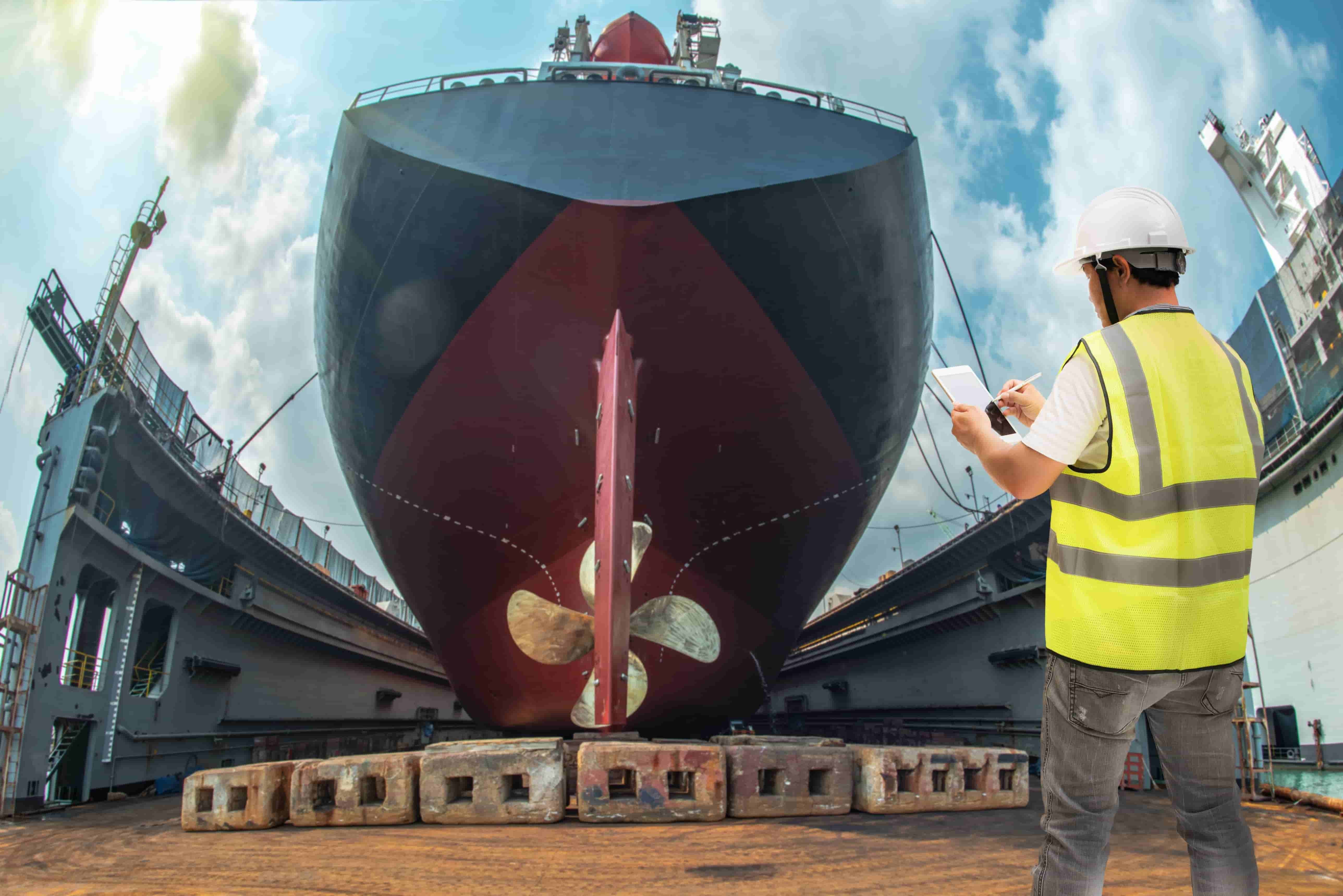
What is Dry Docking & Why Do Ships Do It?
30 May, 2023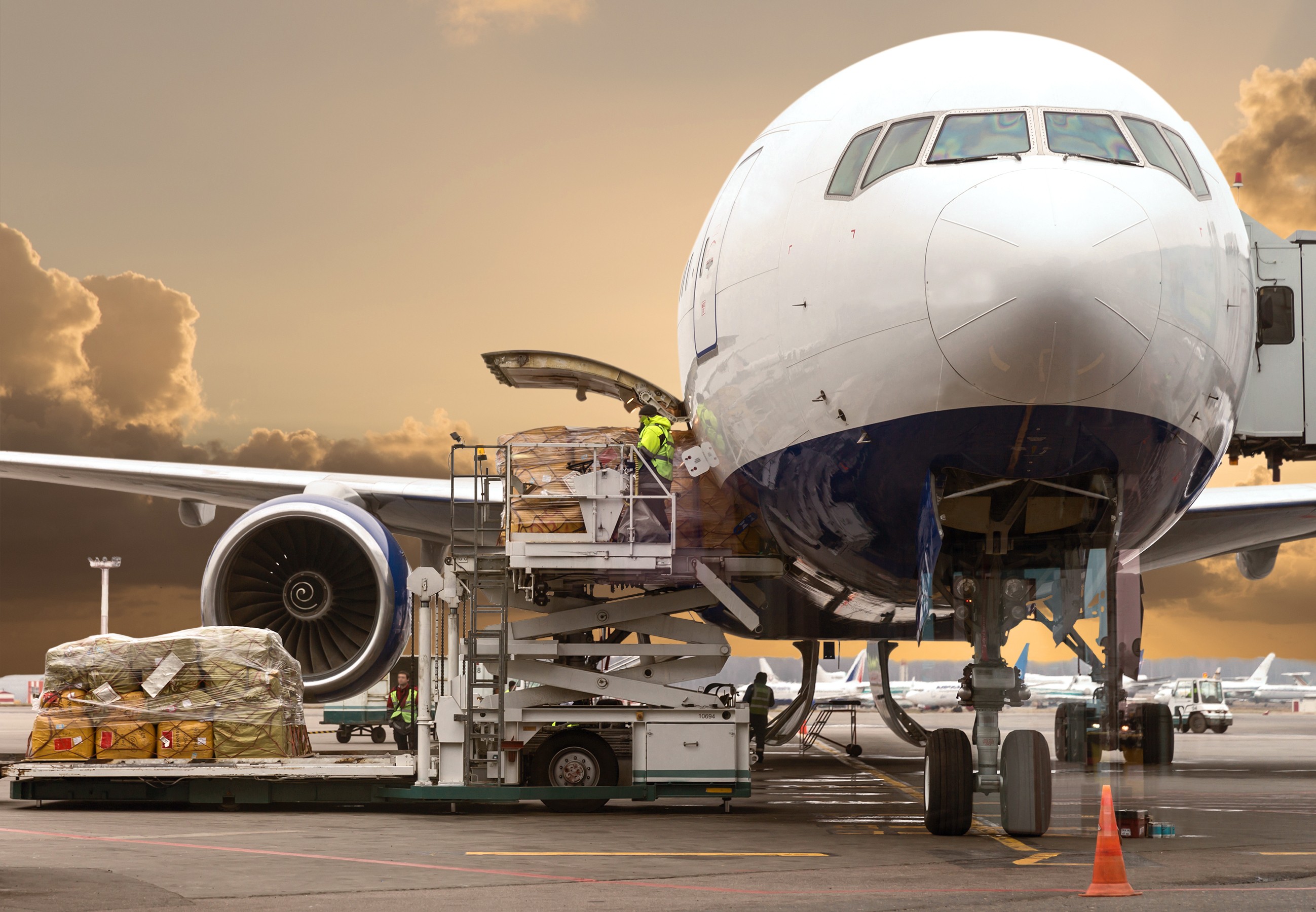
All You Need to Know About Air Freight
16 May, 2023
Ways Carriers Benefit from Contract Logistics
25 Apr, 2023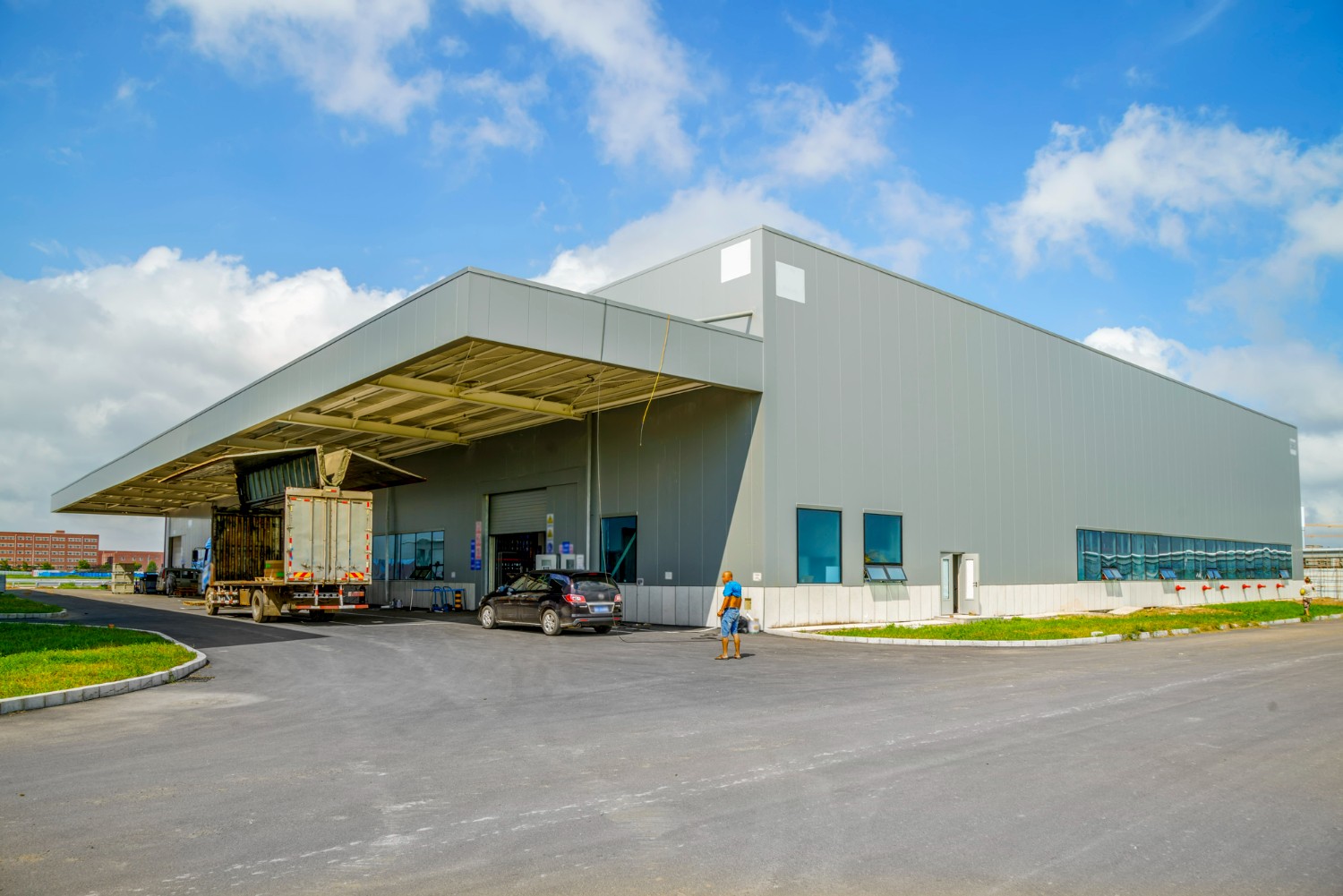
Pros and Cons of Contract Warehousing
27 Mar, 2023641c5faf72d6a.jpg)
Advantages of Freight Consolidation
23 Mar, 2023
All You Need to Know About Freight Charges
27 Feb, 2023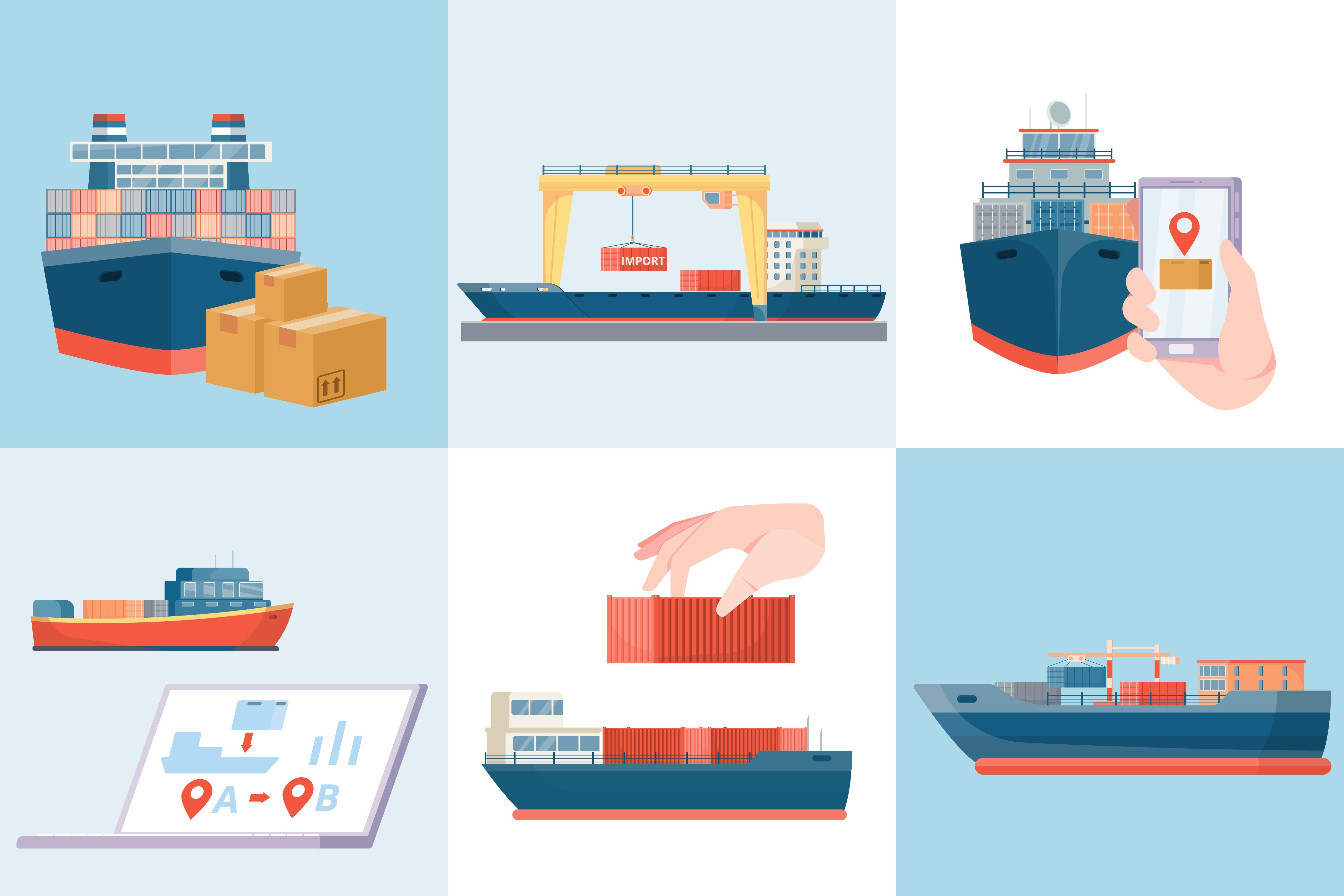
How to Find A Good Freight Forwarder?
24 Jan, 2023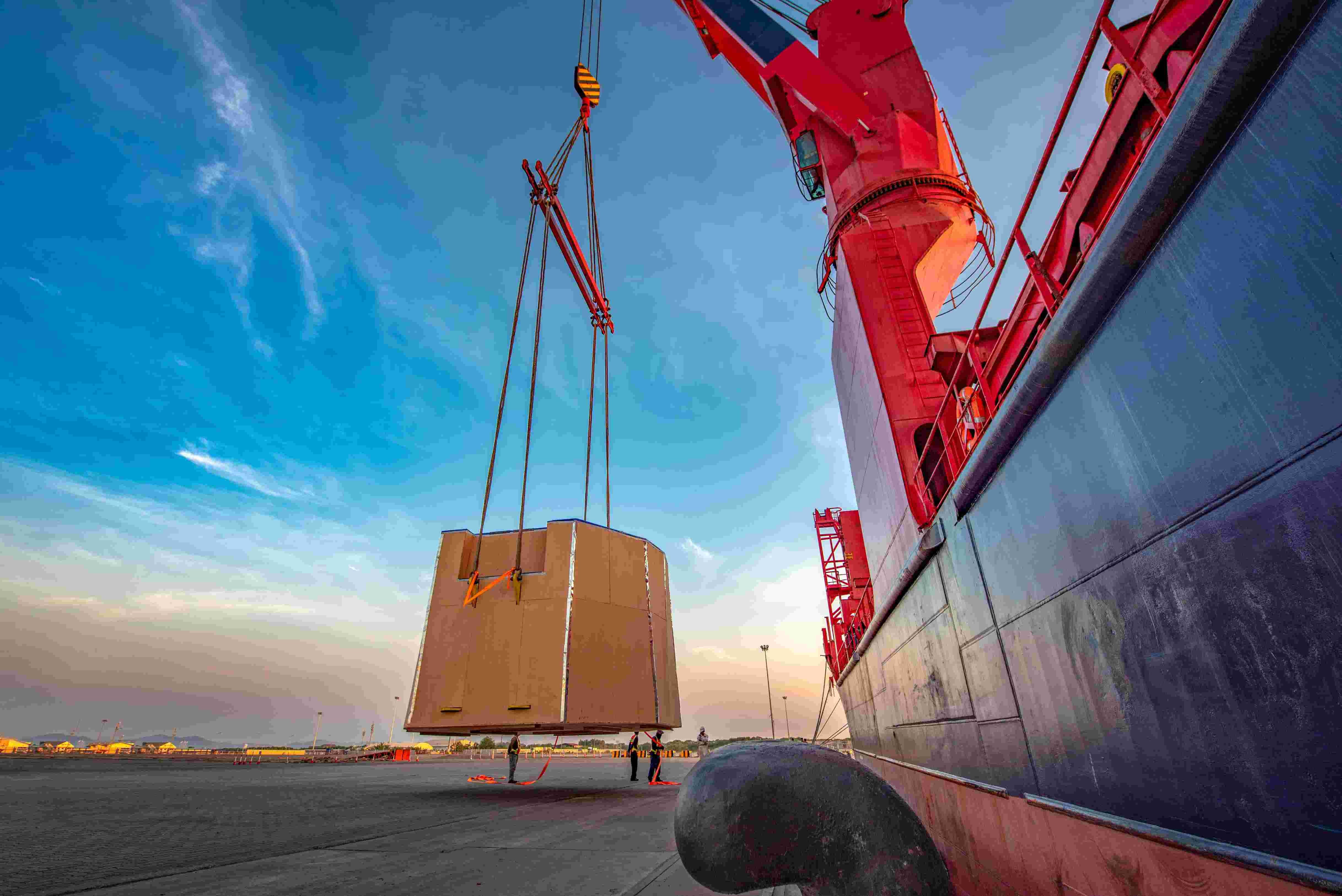
What is Project Cargo and How is it Transported?
07 Nov, 2022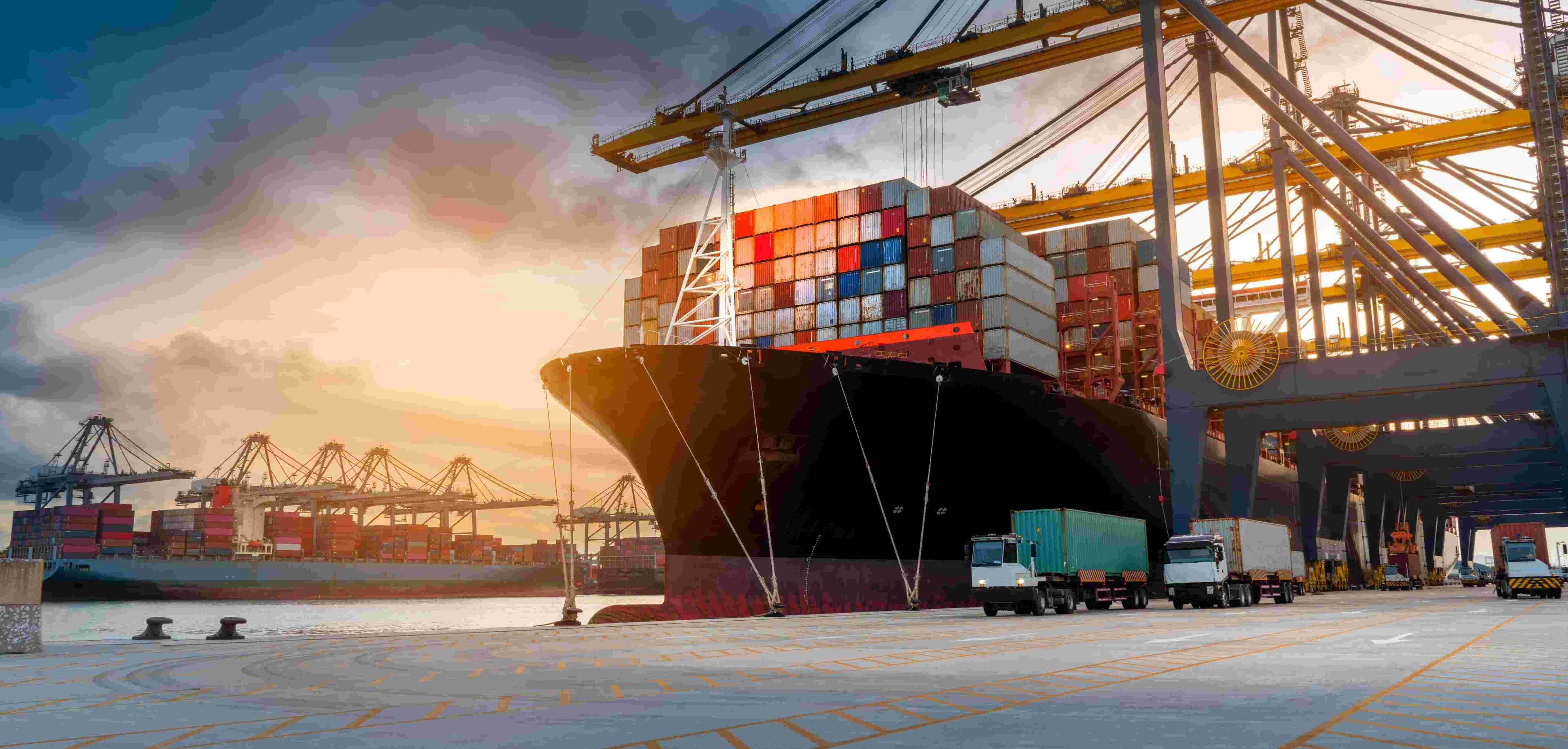
How International Ocean Freight Shipping Works
25 Oct, 2022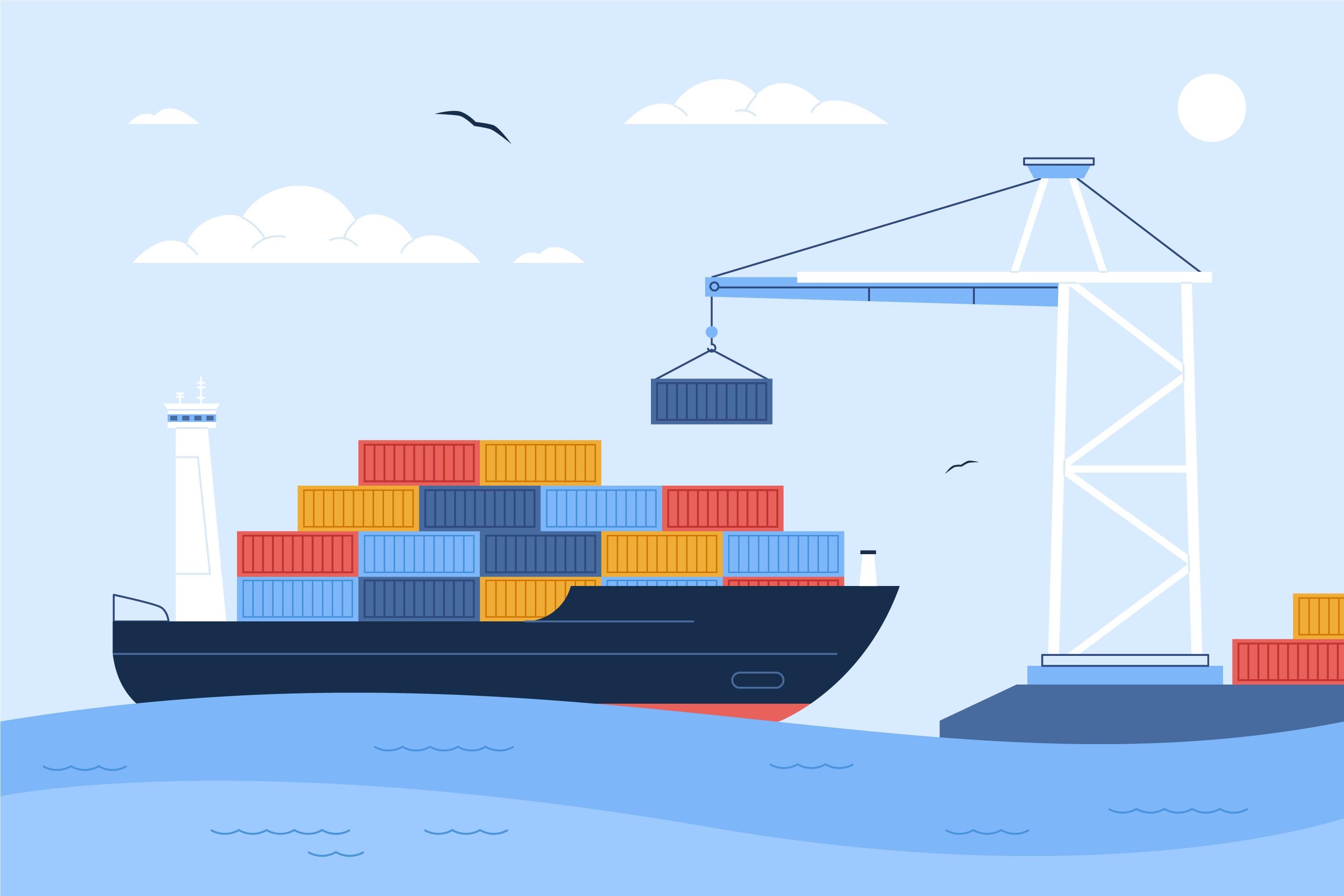
How does LCL shipping work?
26 Sep, 2022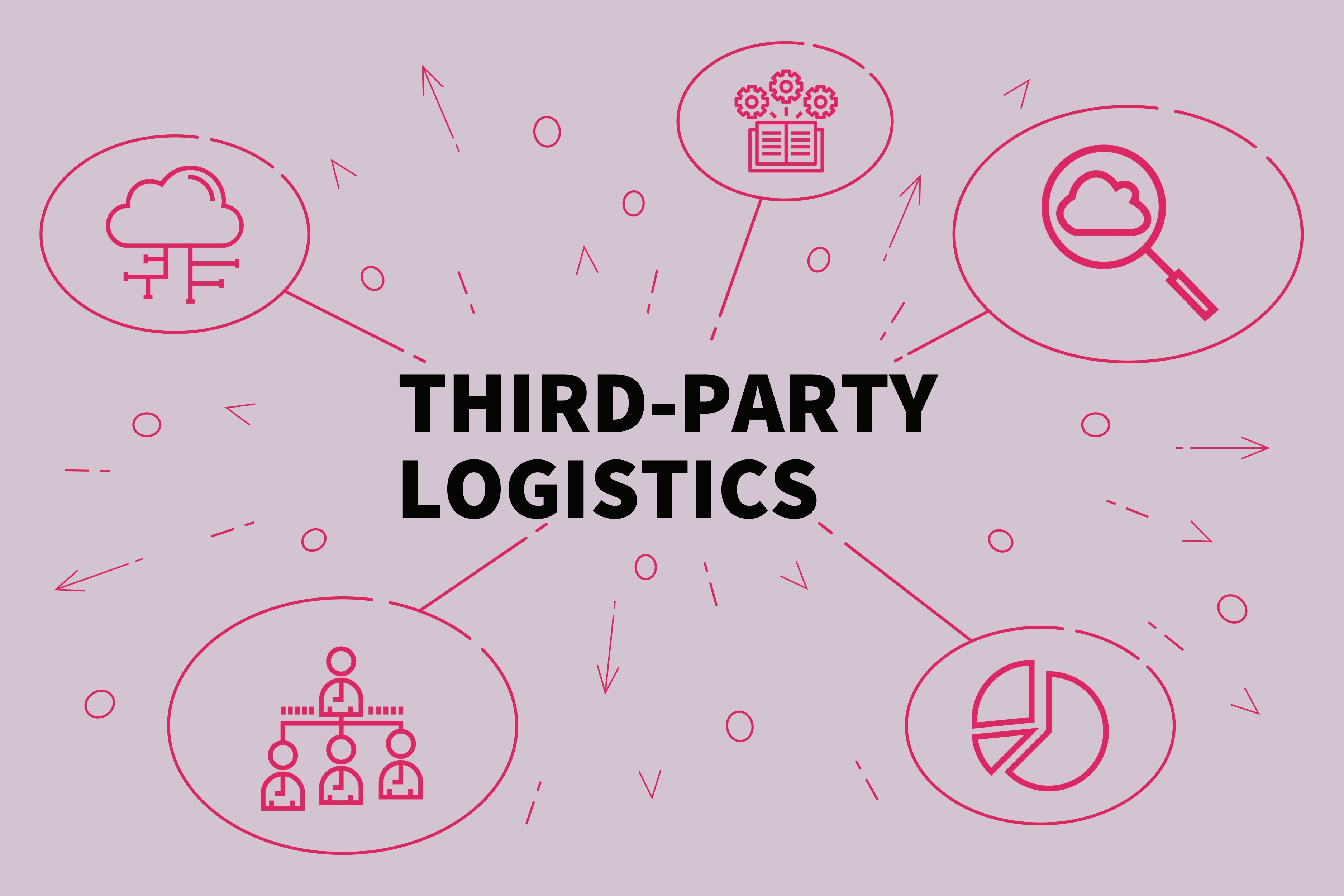
8 Ways to Optimize Your 3PL Relationship
22 Sep, 2022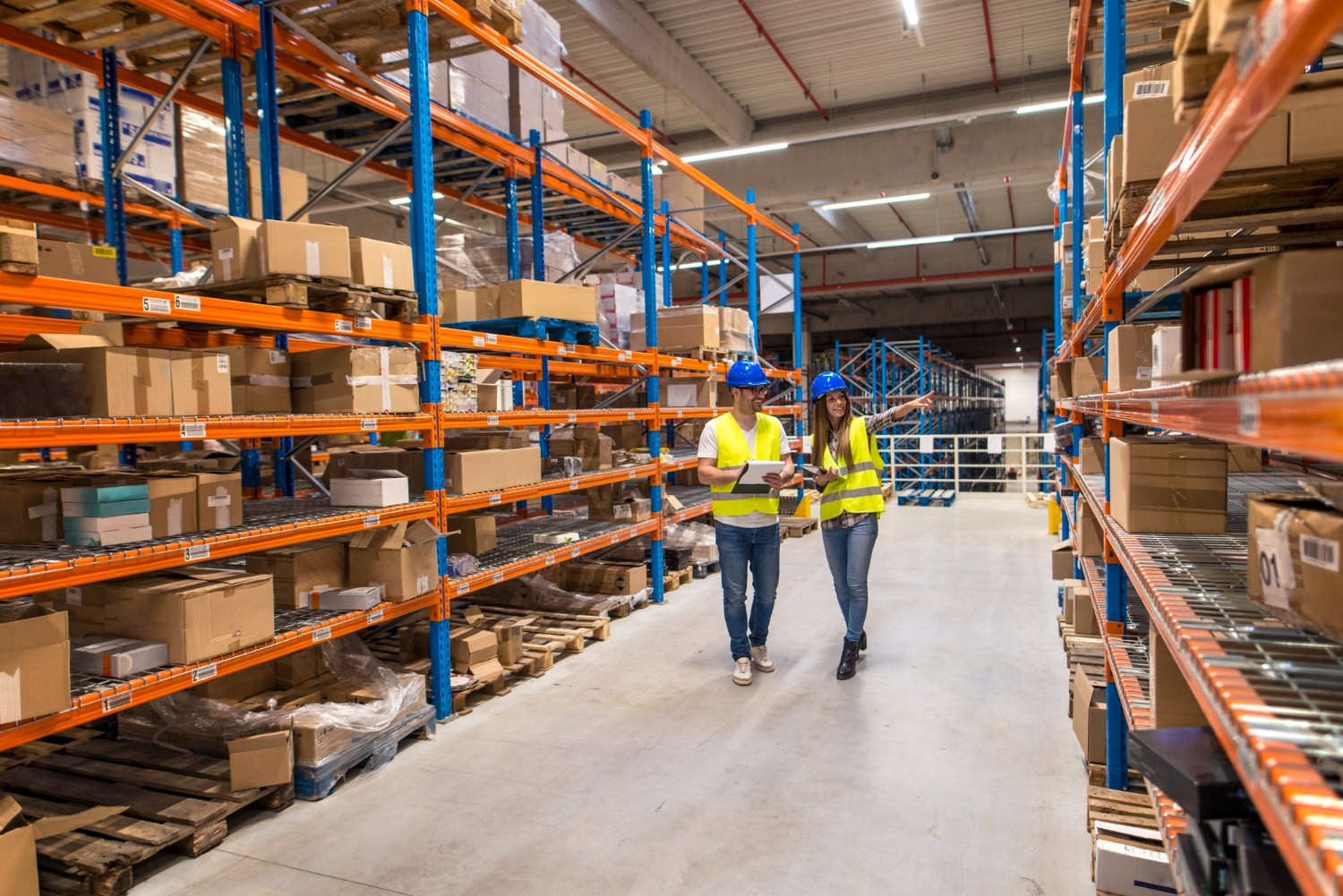
Benefits Of Using An Outsourced Warehouse
22 Aug, 2022
Importance of Cargo Insurance
30 Jul, 2022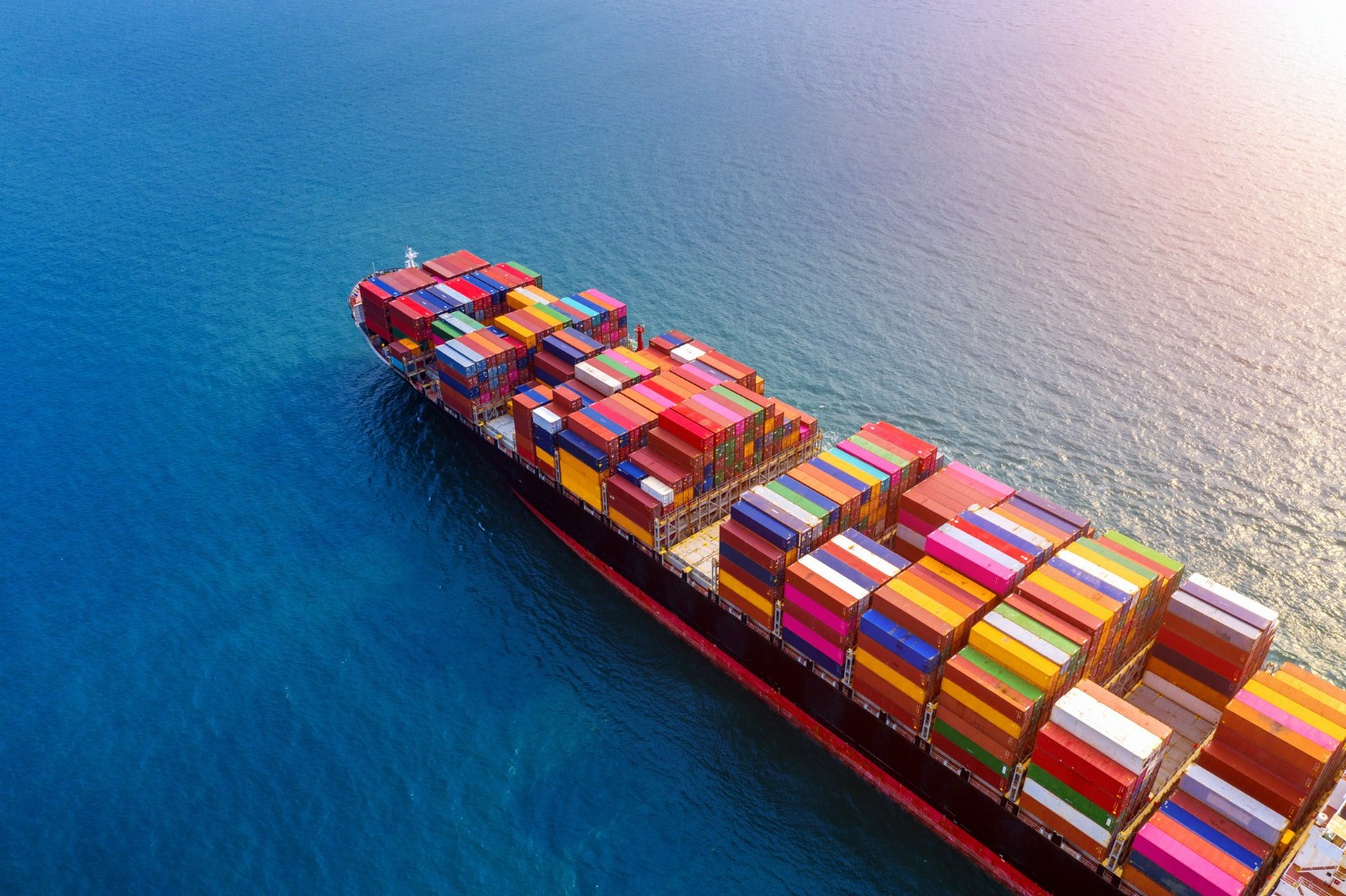
Top 10 Benefits of Ocean Freight Shipping
22 Jun, 2022
LCL or FCL - Which is Right for Your Cargo?
26 May, 2022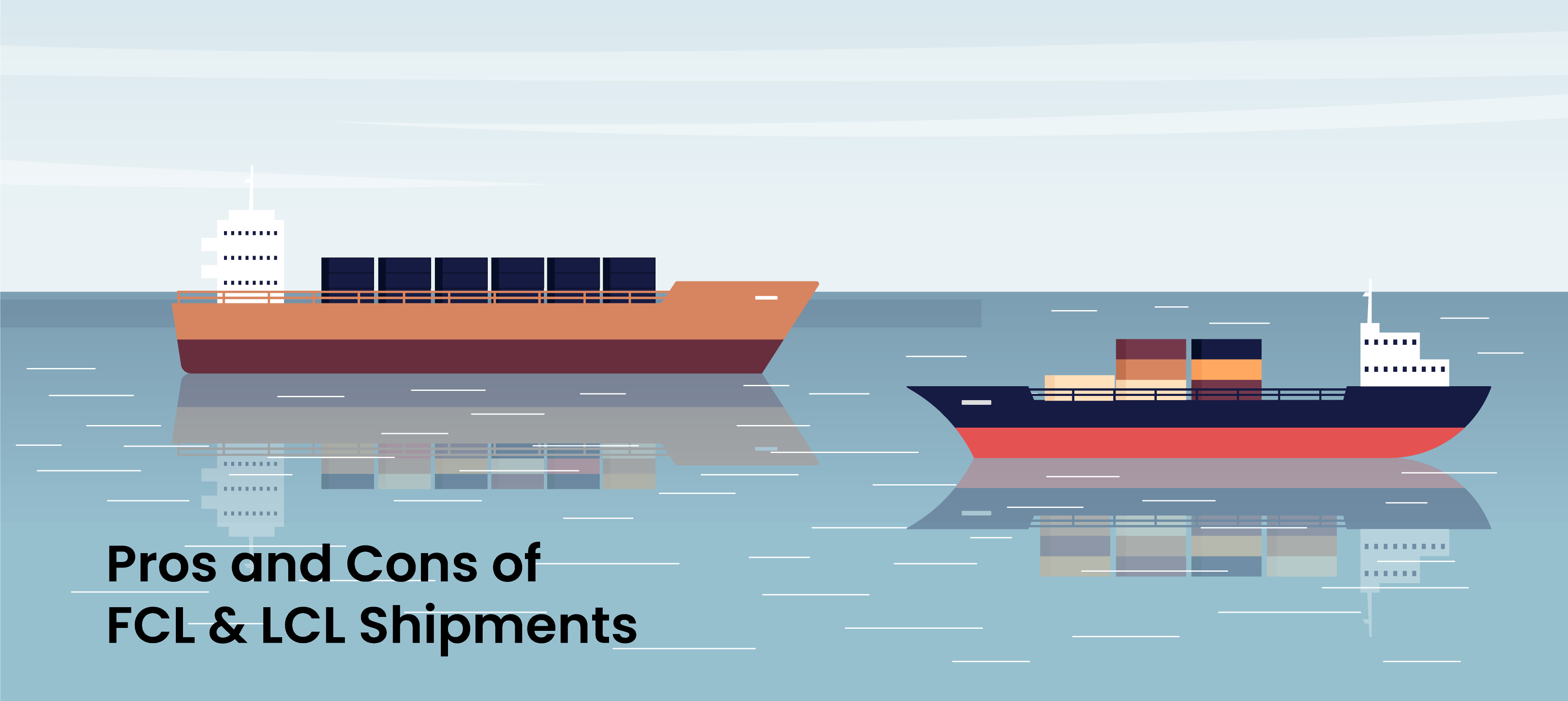
Pros and Cons of FCL & LCL Shipments
21 May, 2022
Key Benefits of LCL Shipping for Your Business
28 Jan, 2022

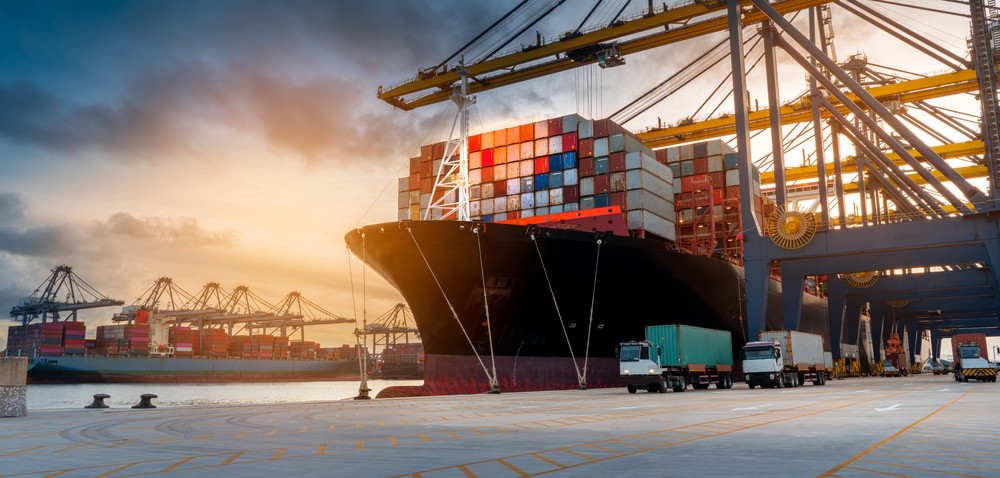
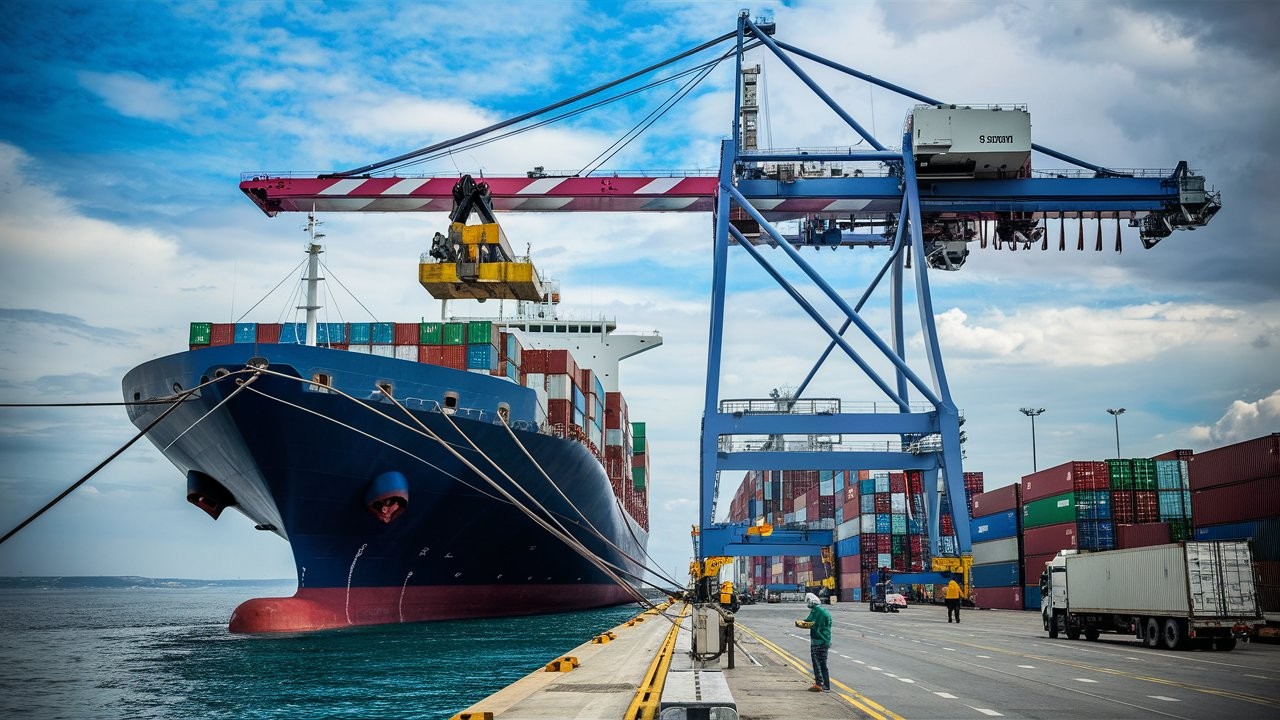
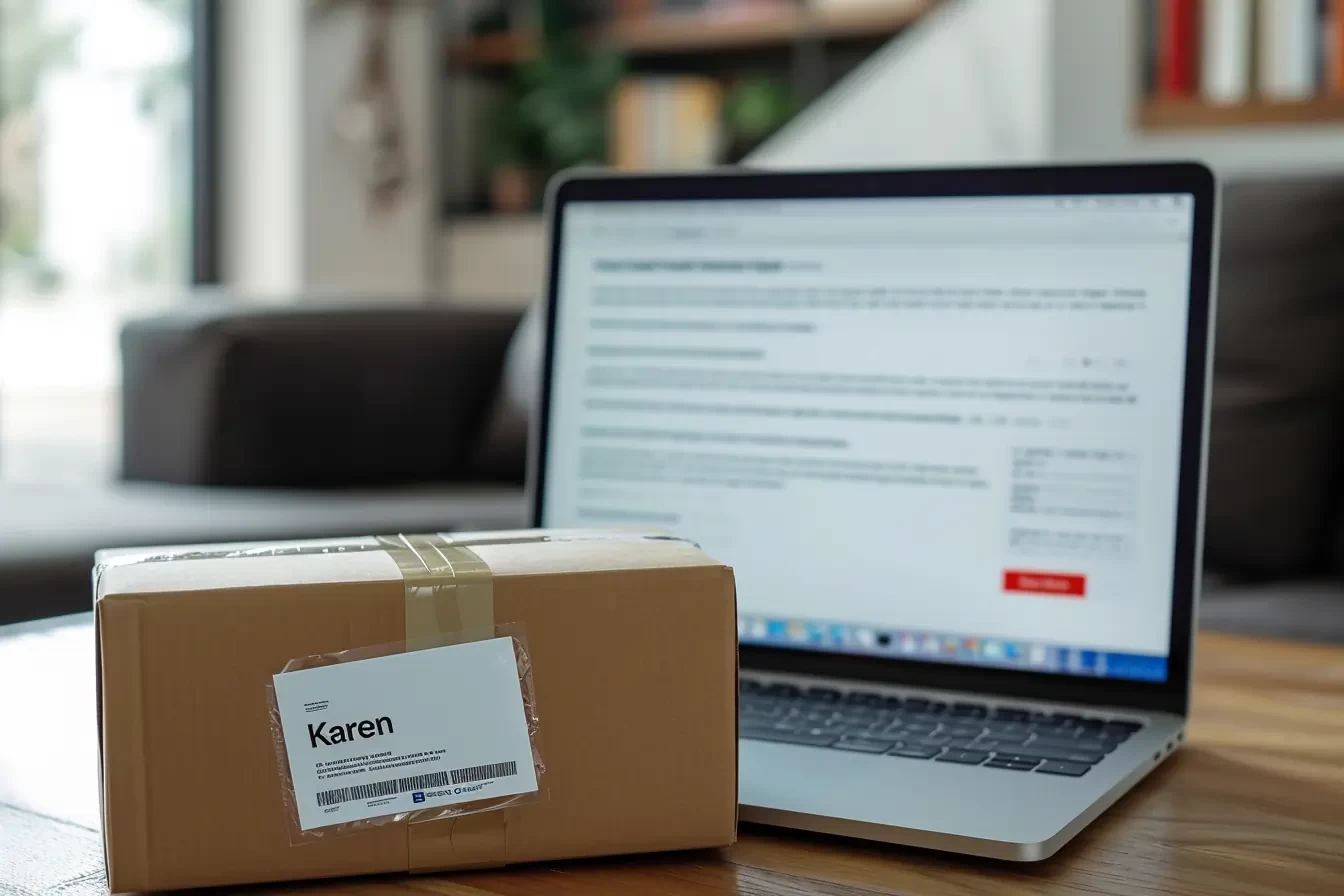
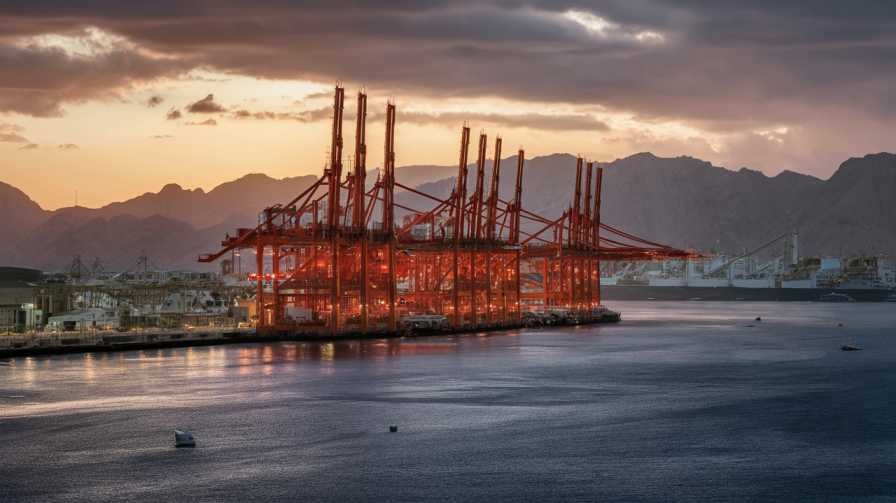
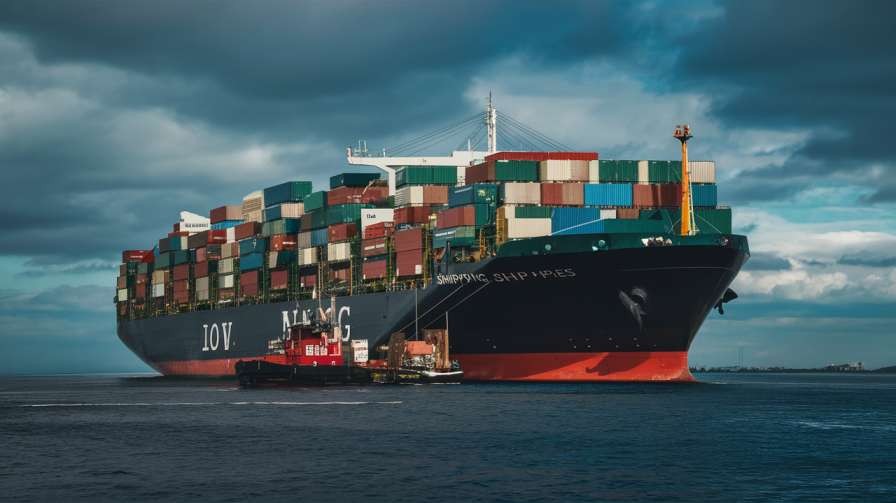
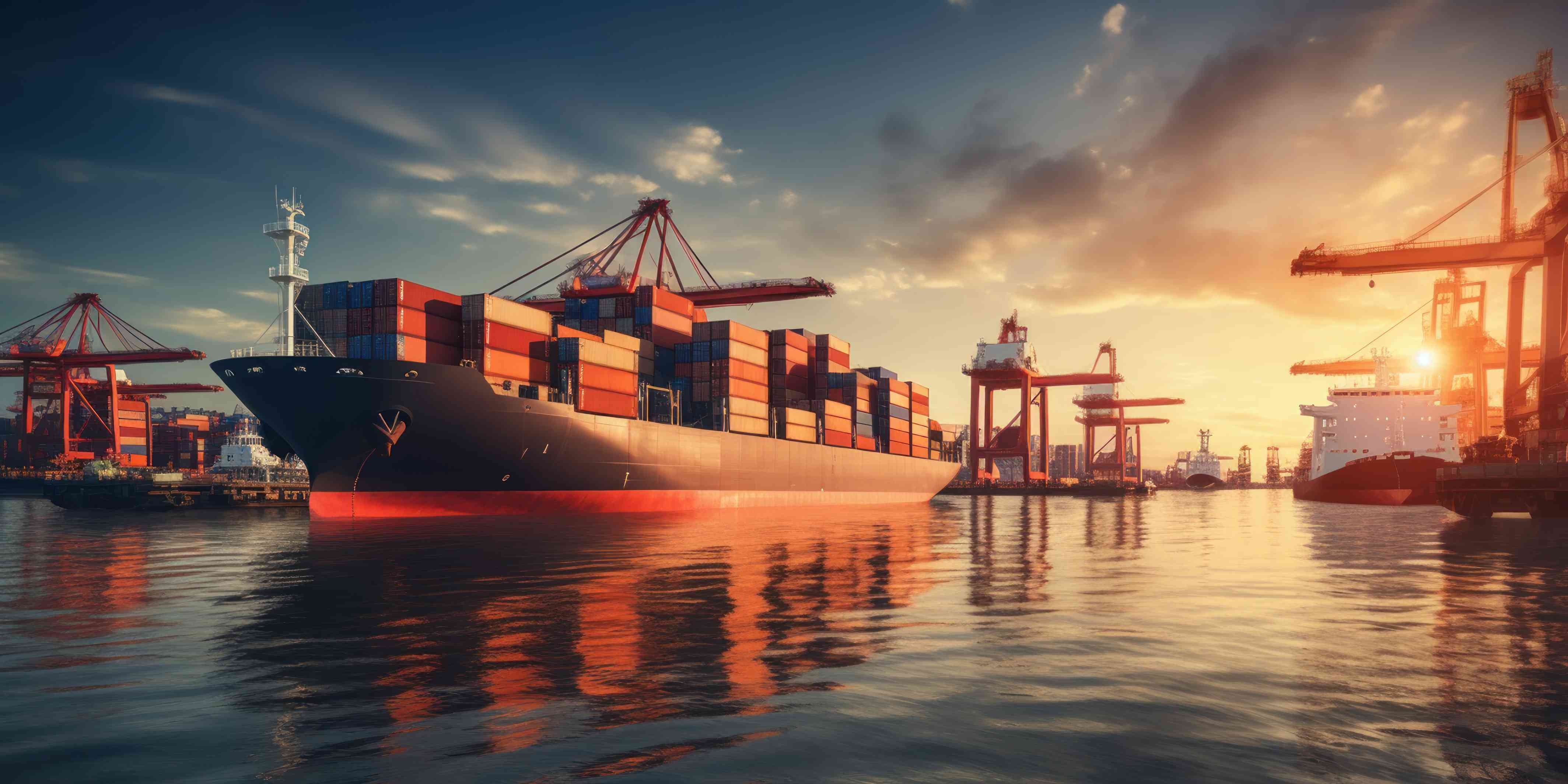
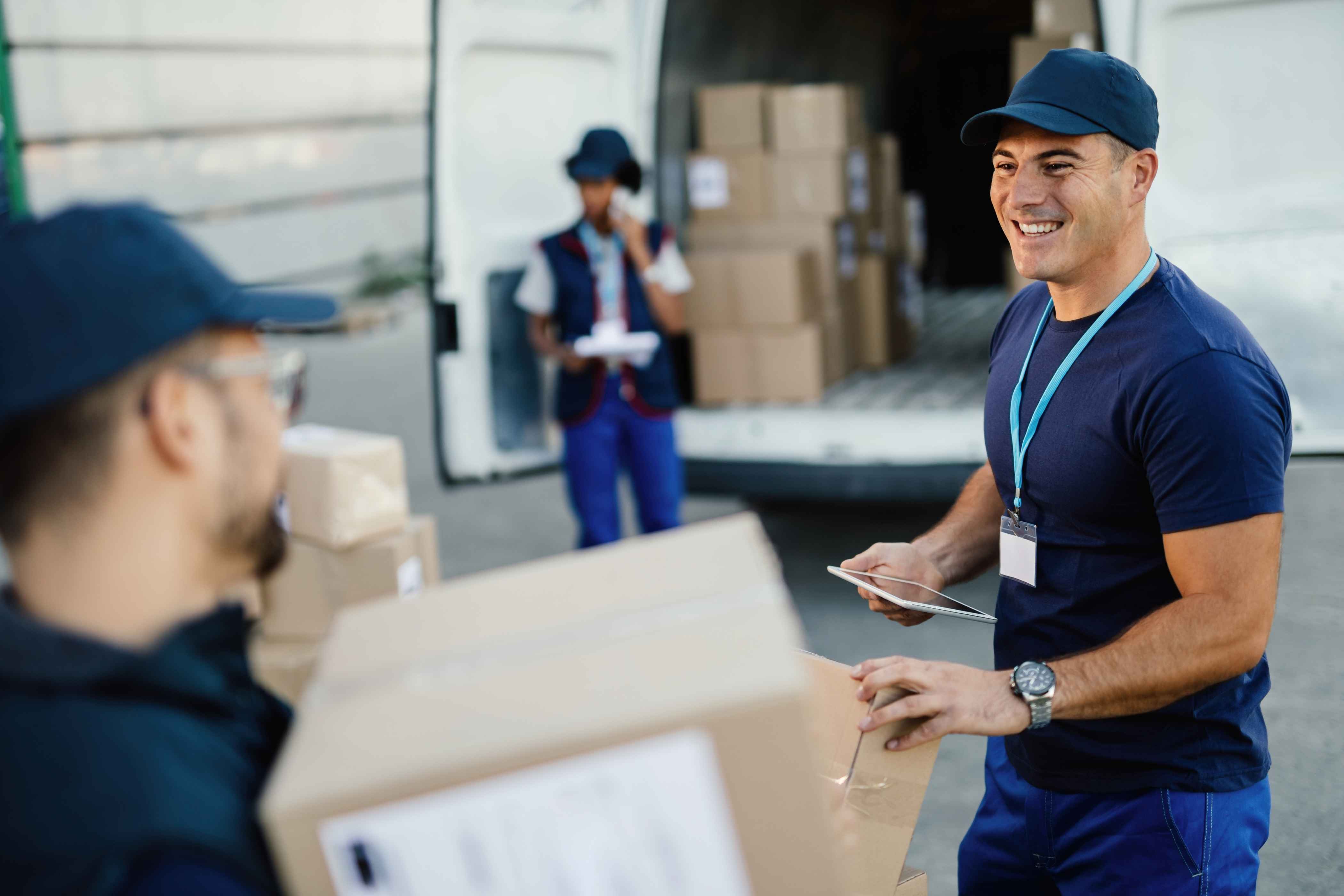
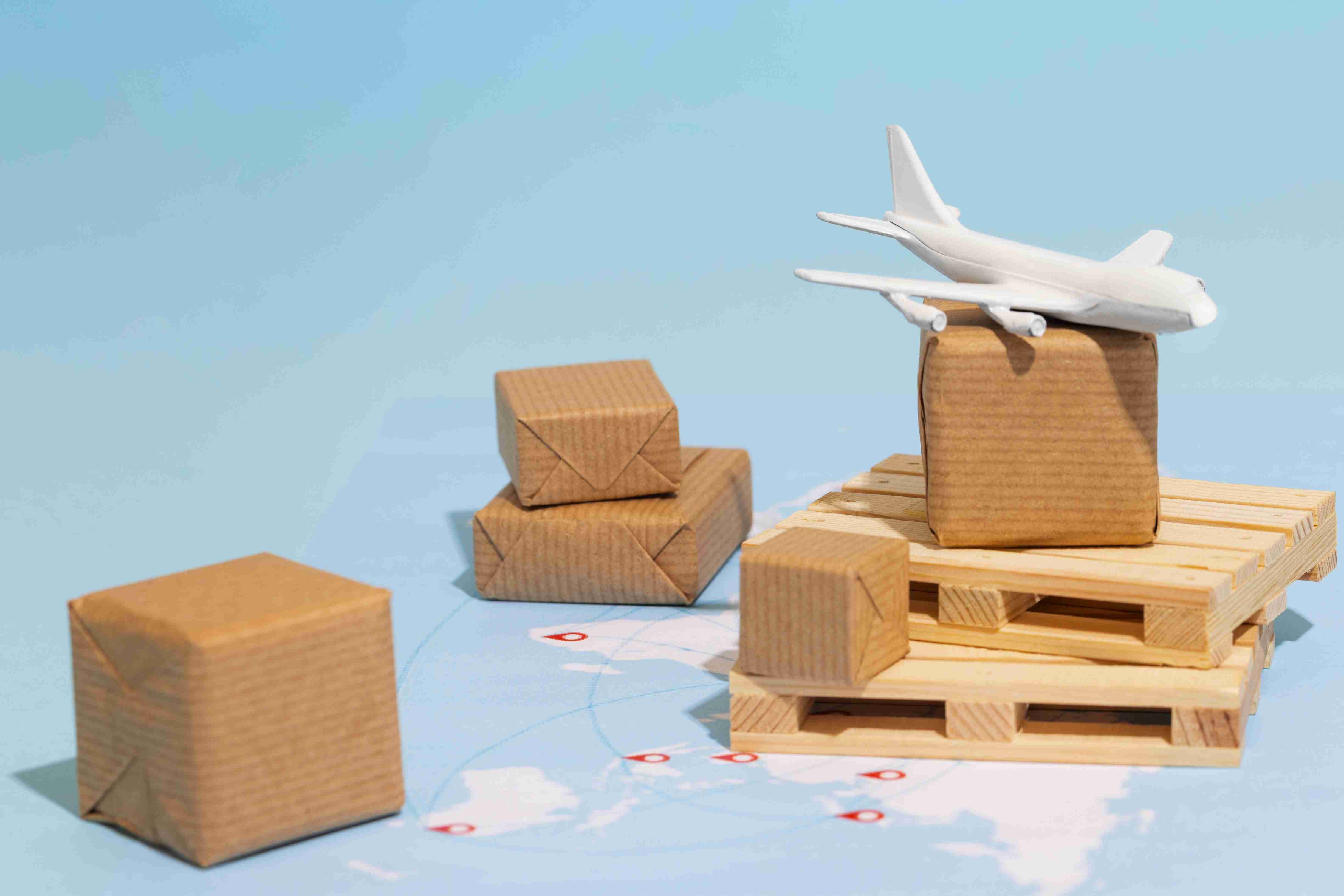
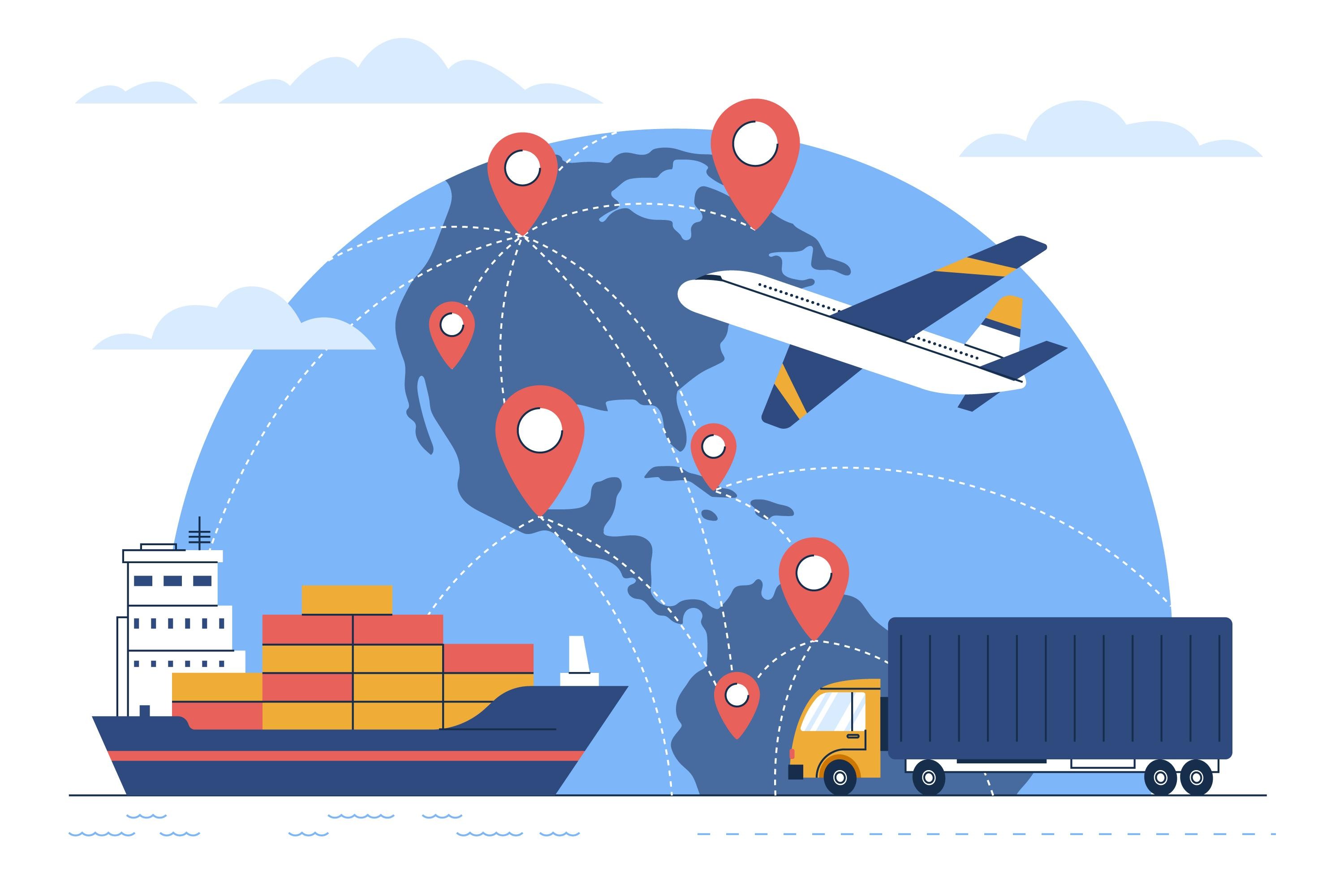
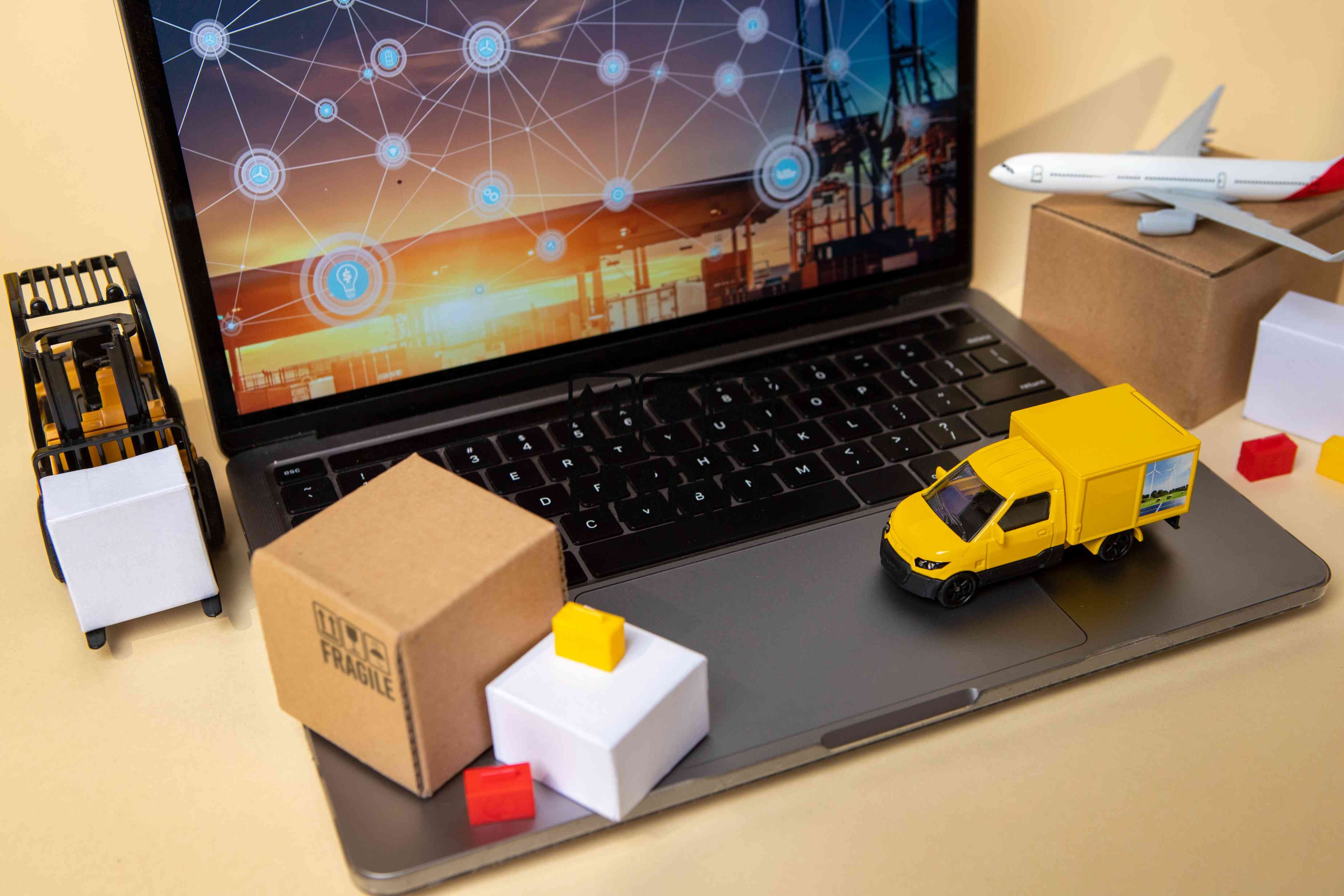
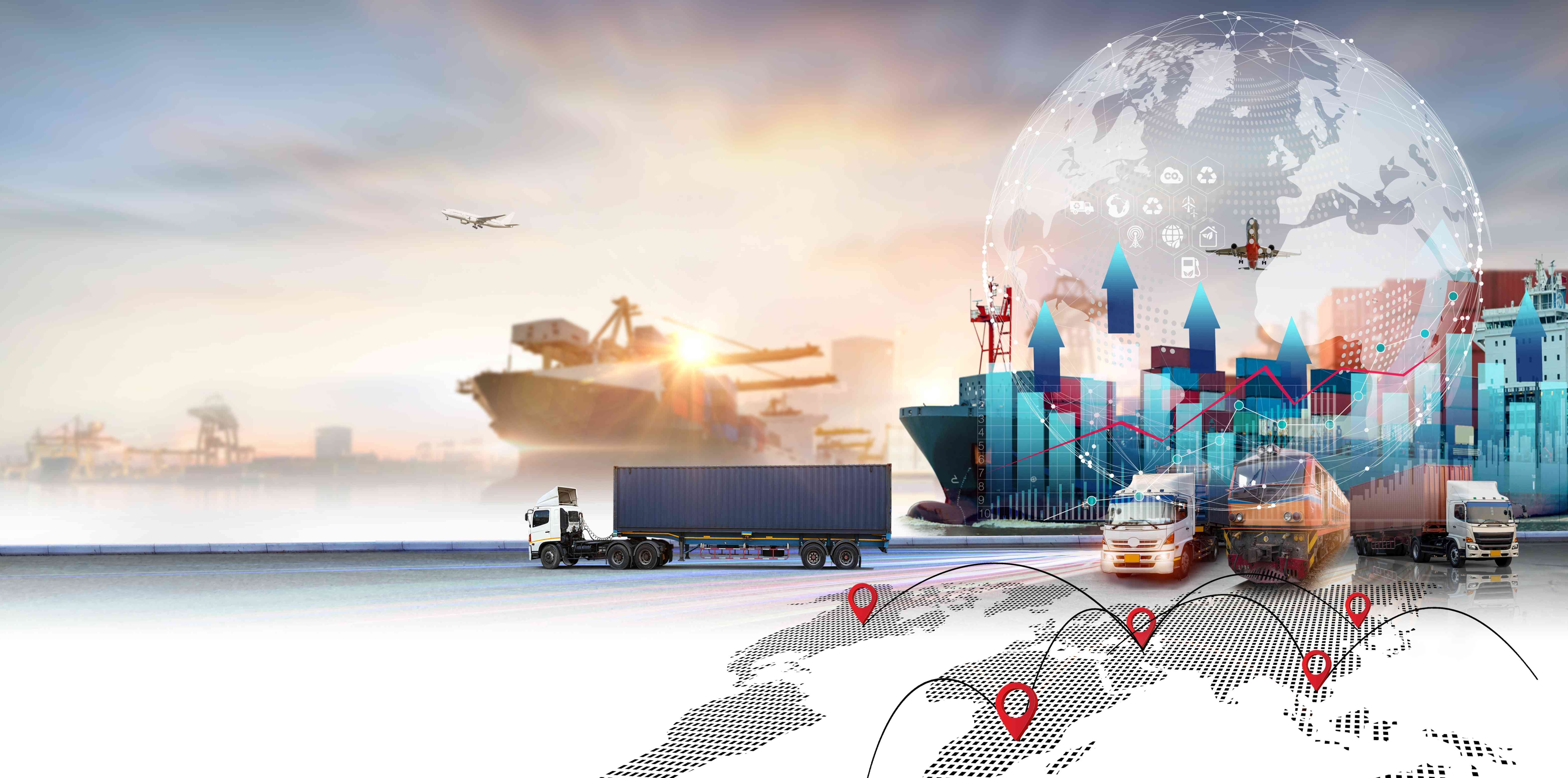
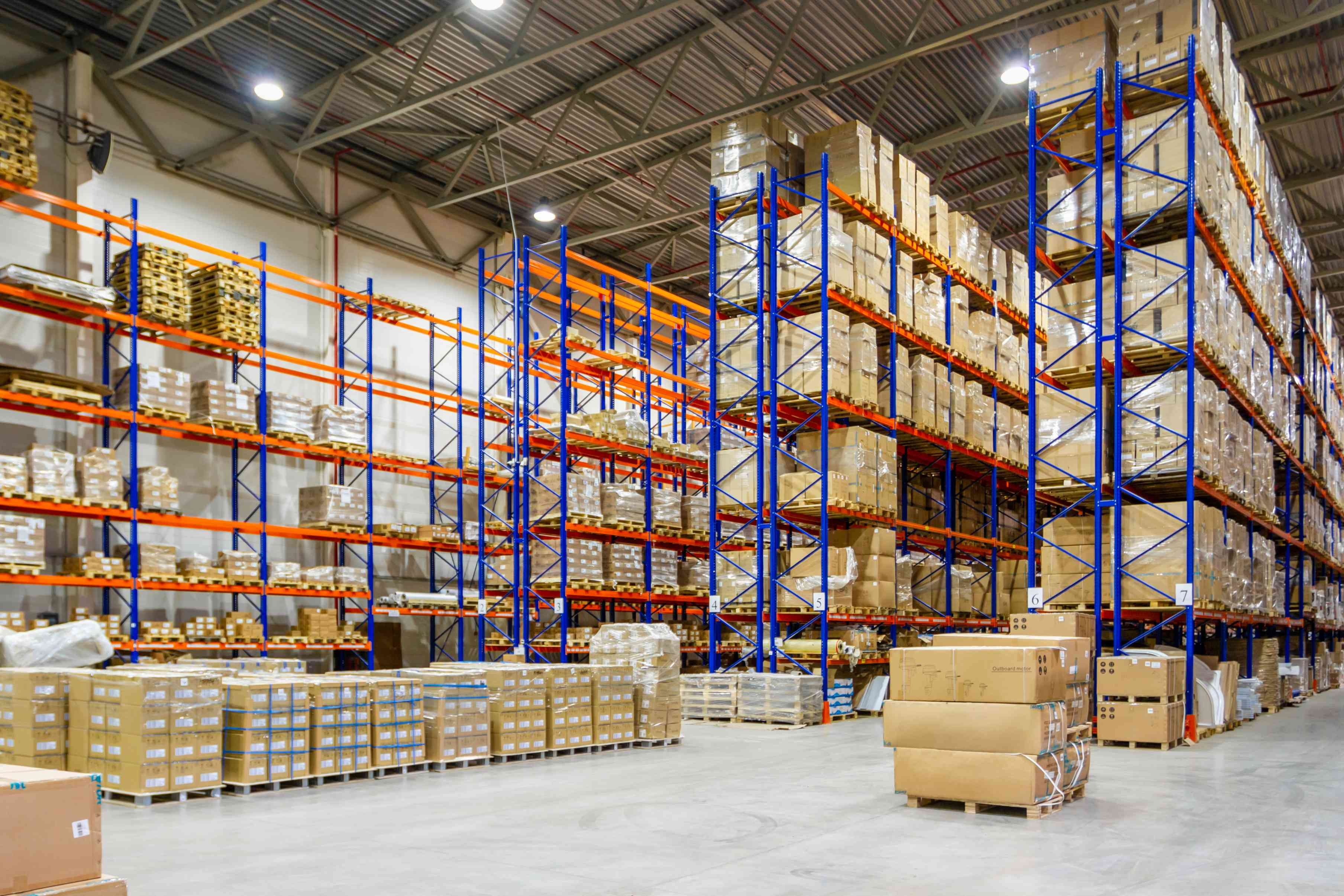
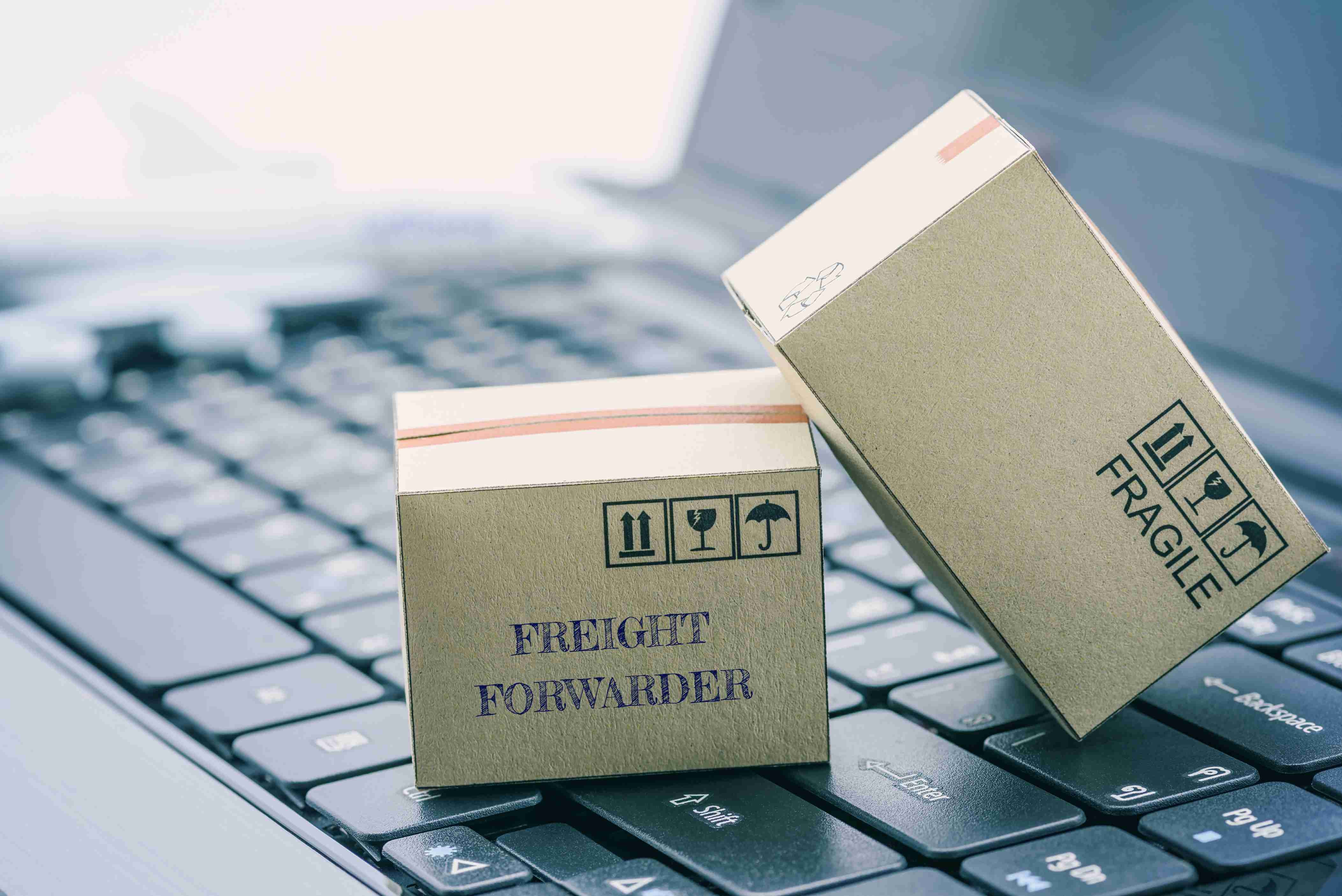
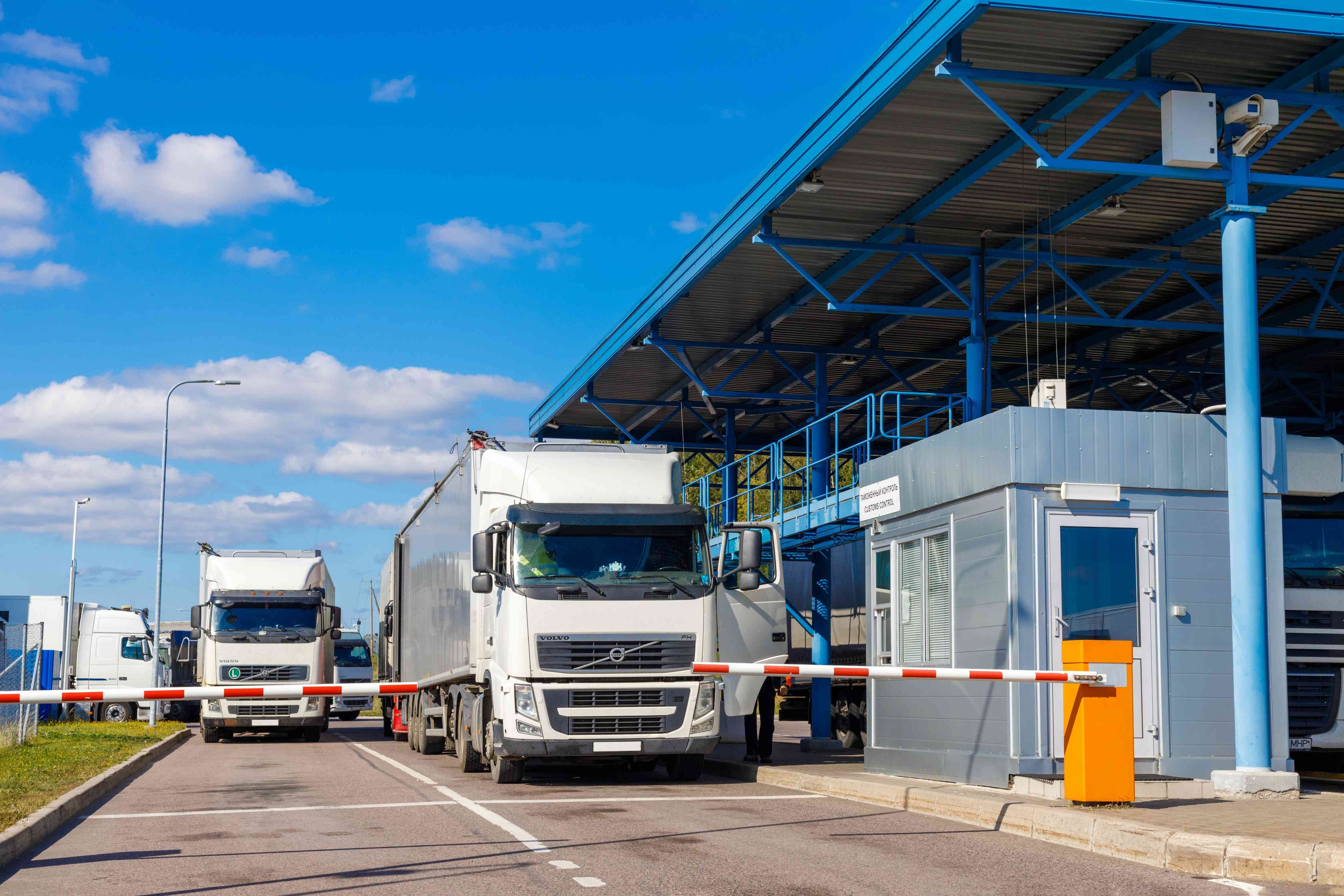
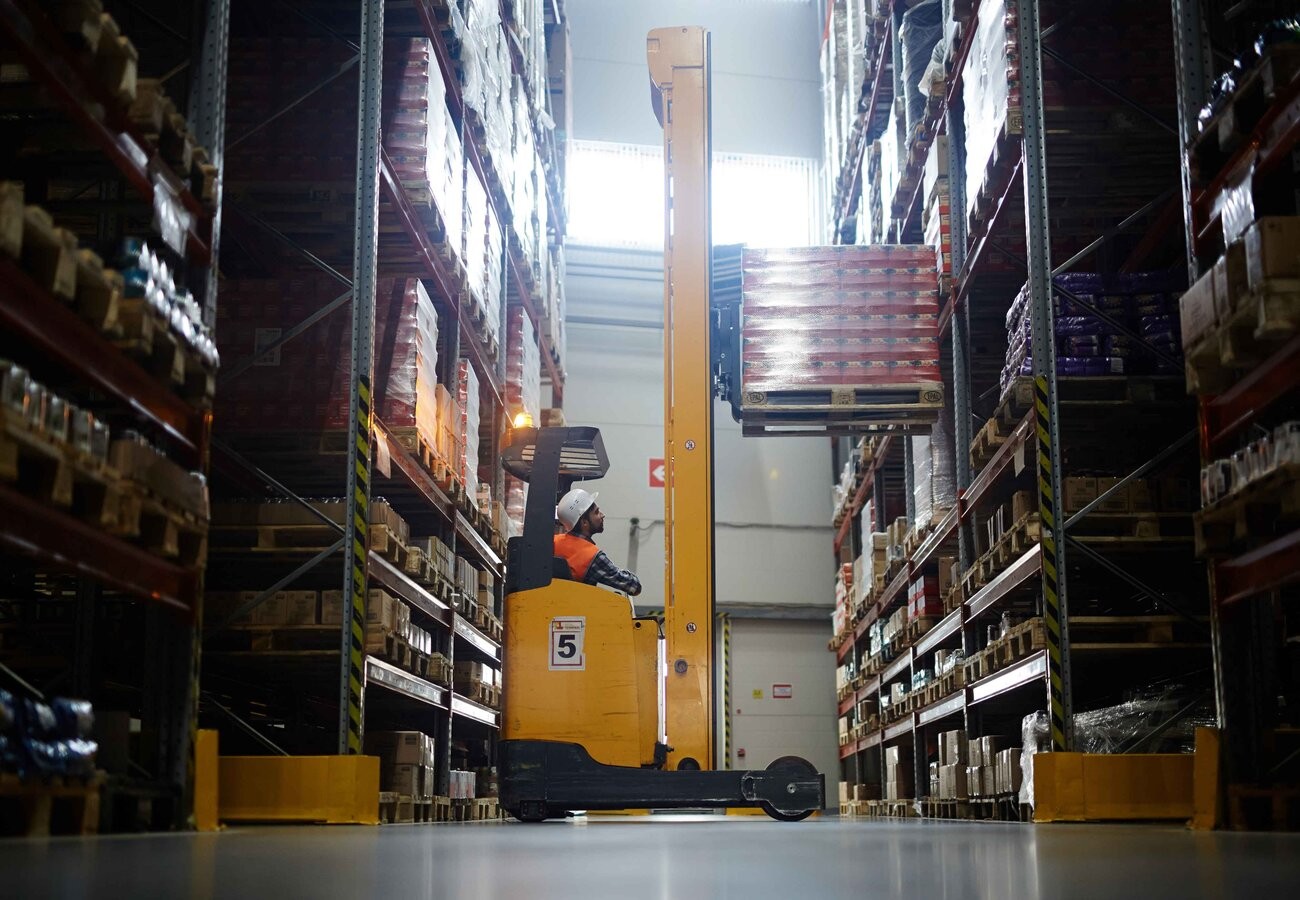
64ef6d522bd5d.jpg)
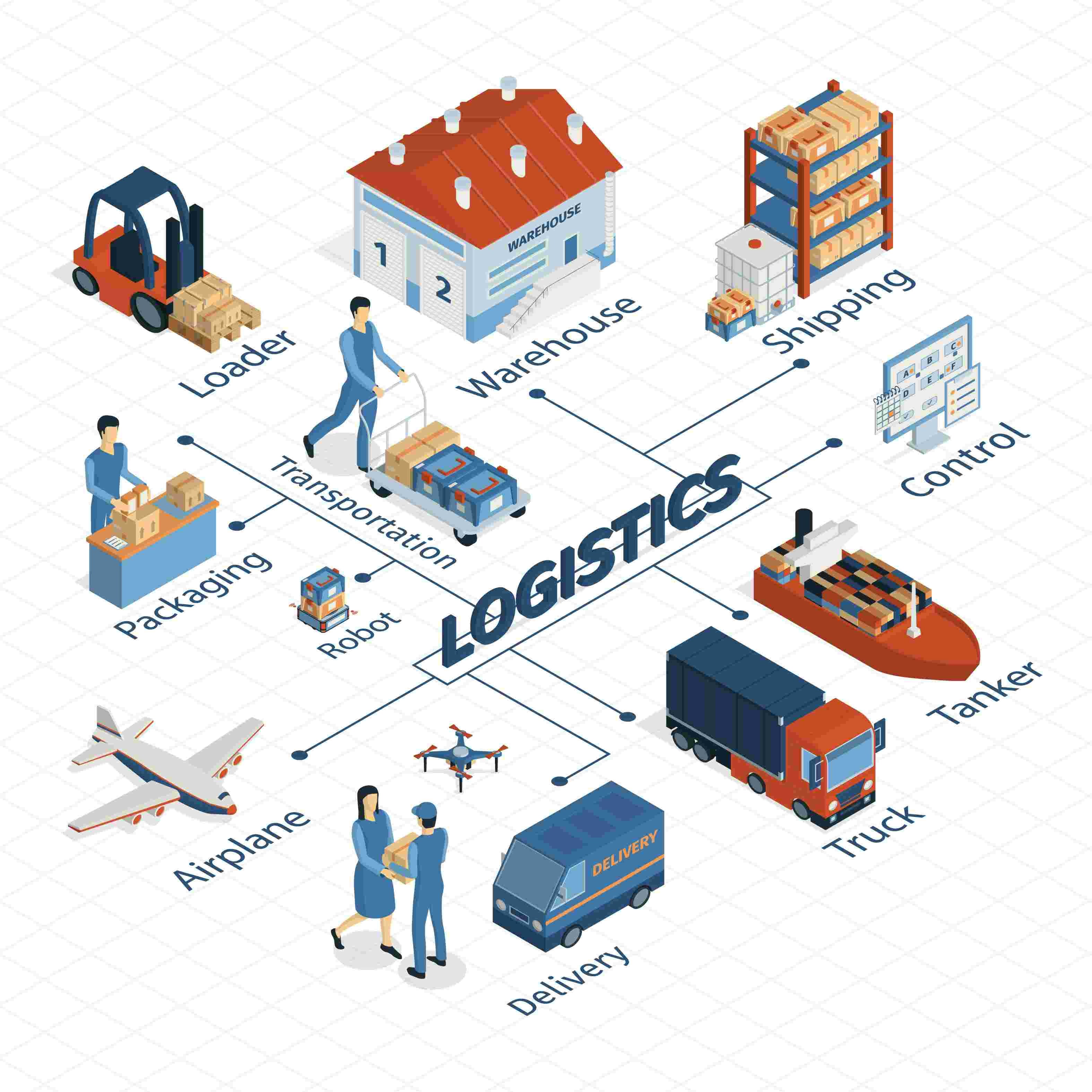
64a477953e86e.jpg)
643ff0cfeaf4e.jpg)
63fcb9023ba5f.jpg)
63d94f83c4432.jpg)
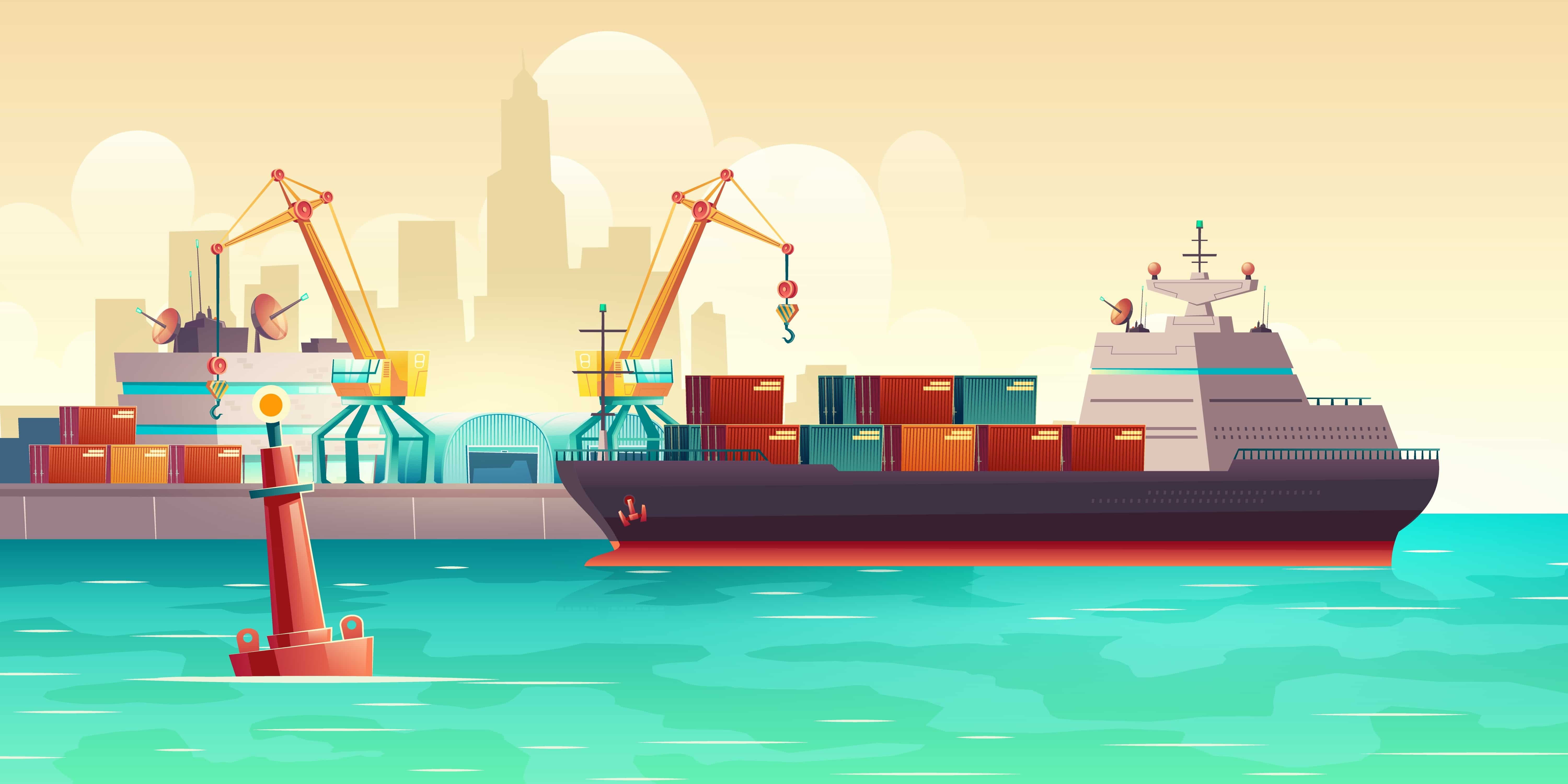

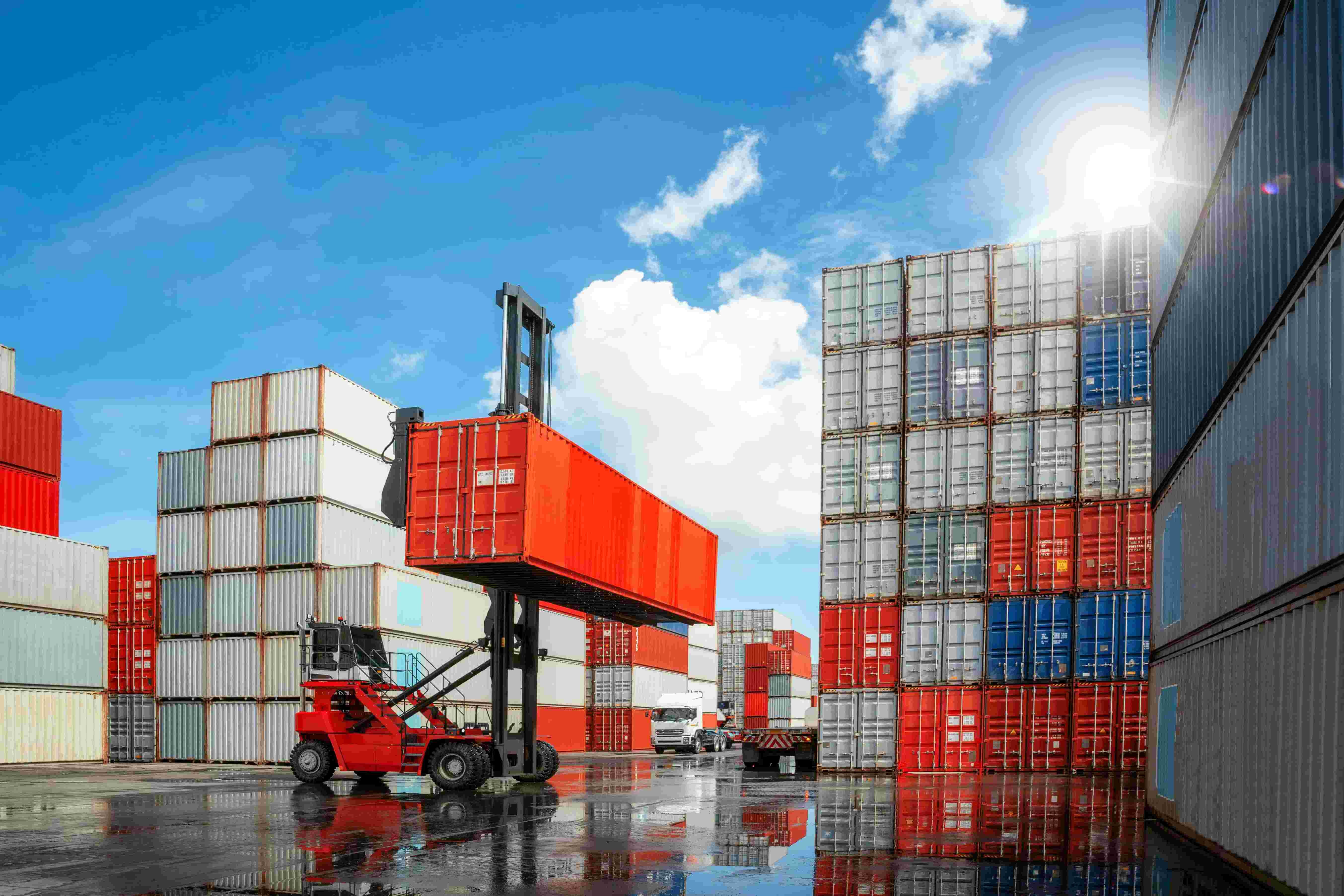
637611972635b.jpg)
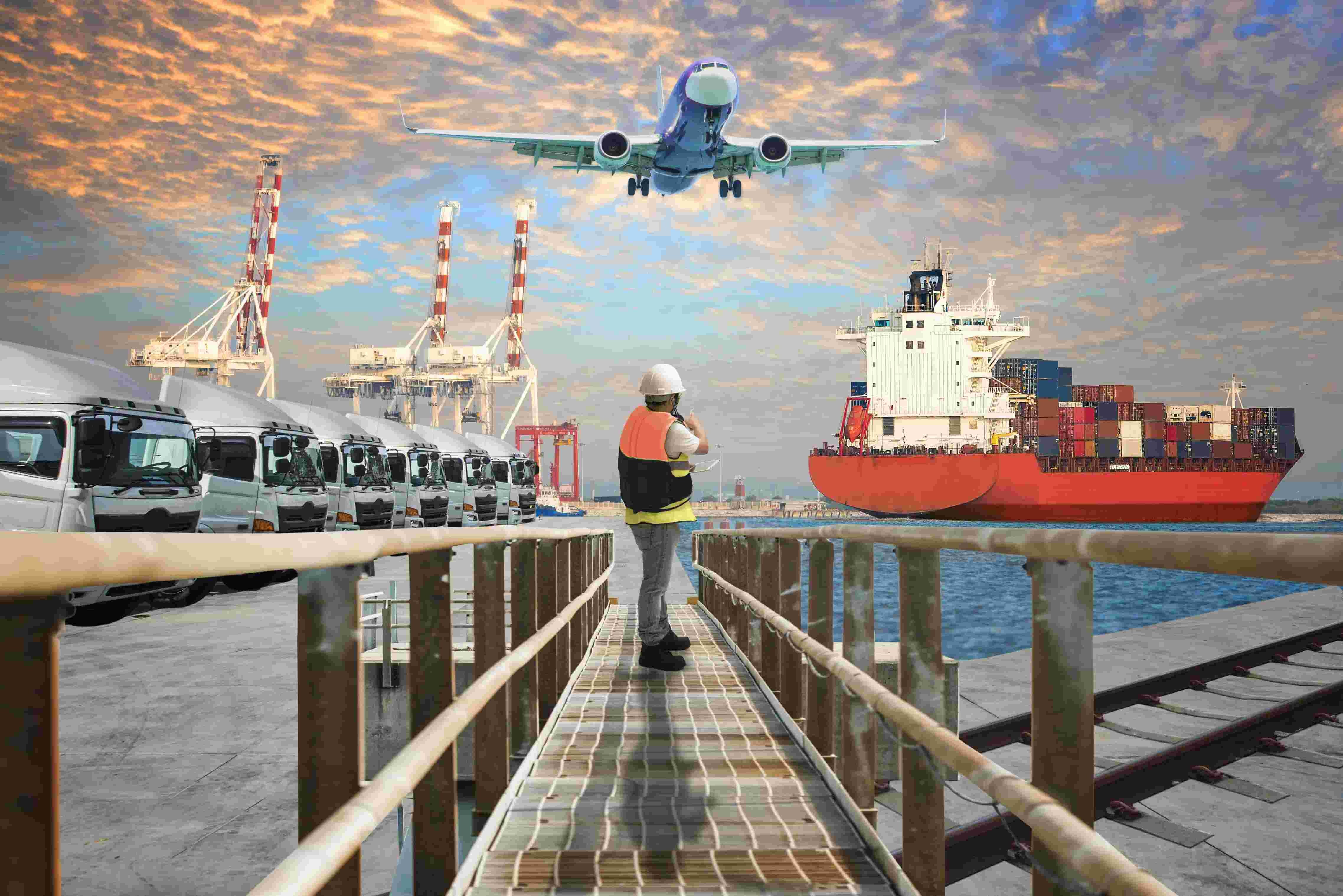
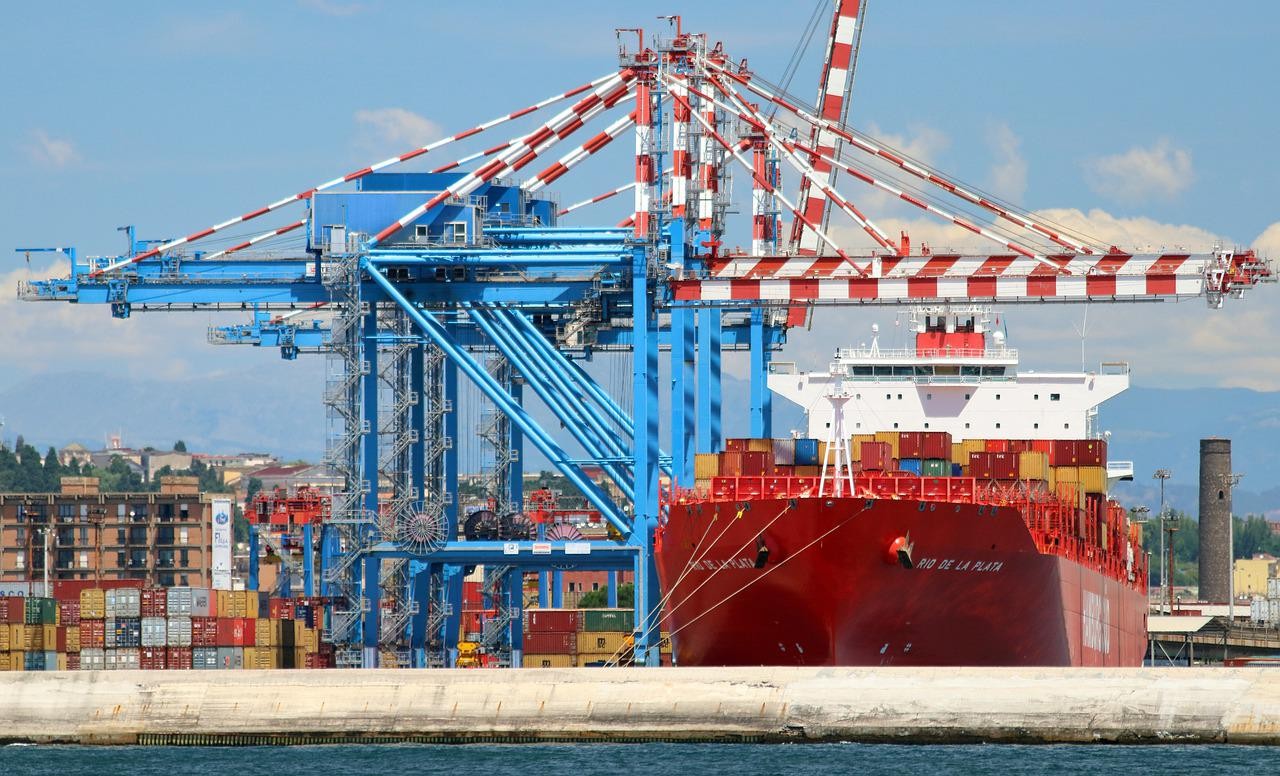

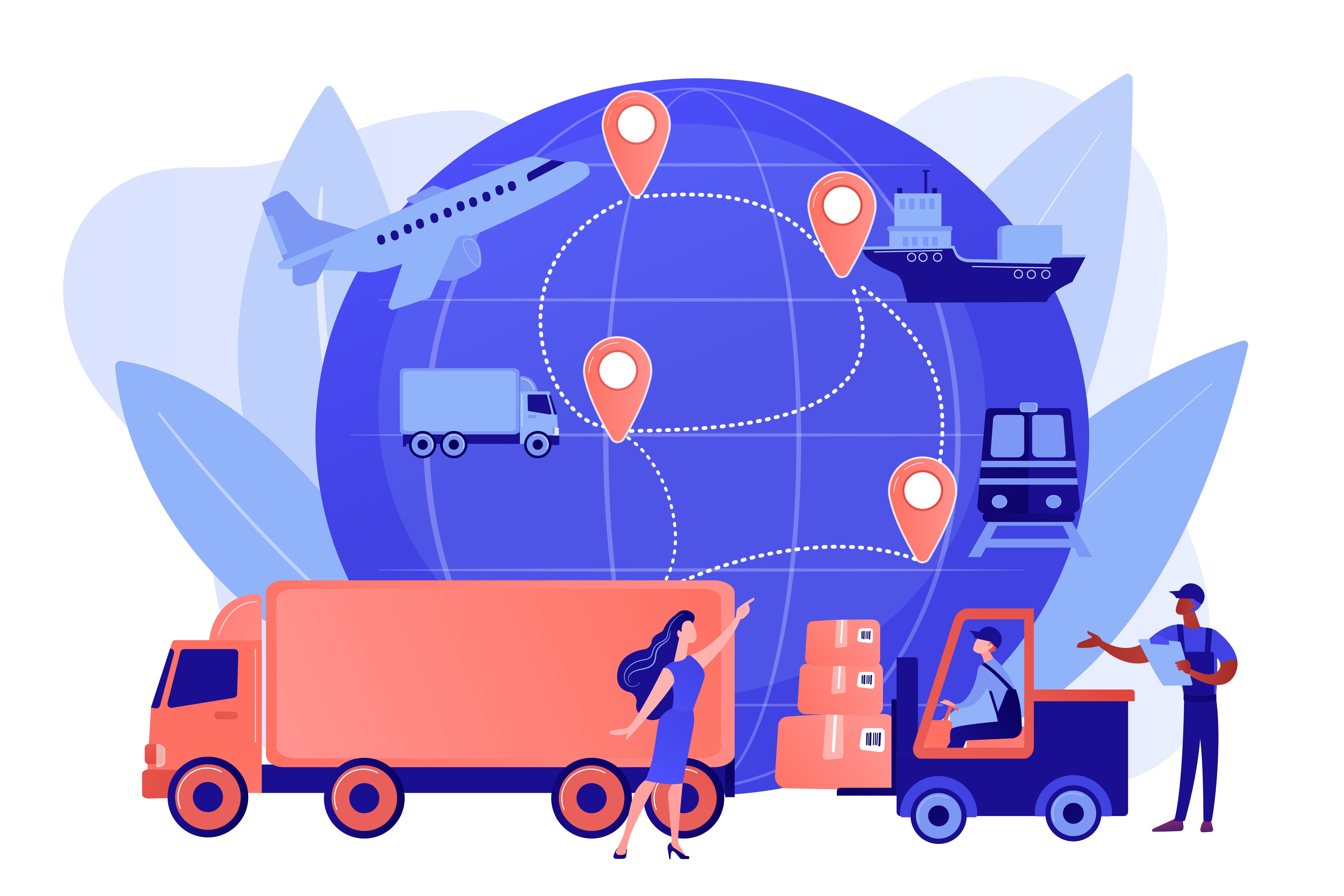
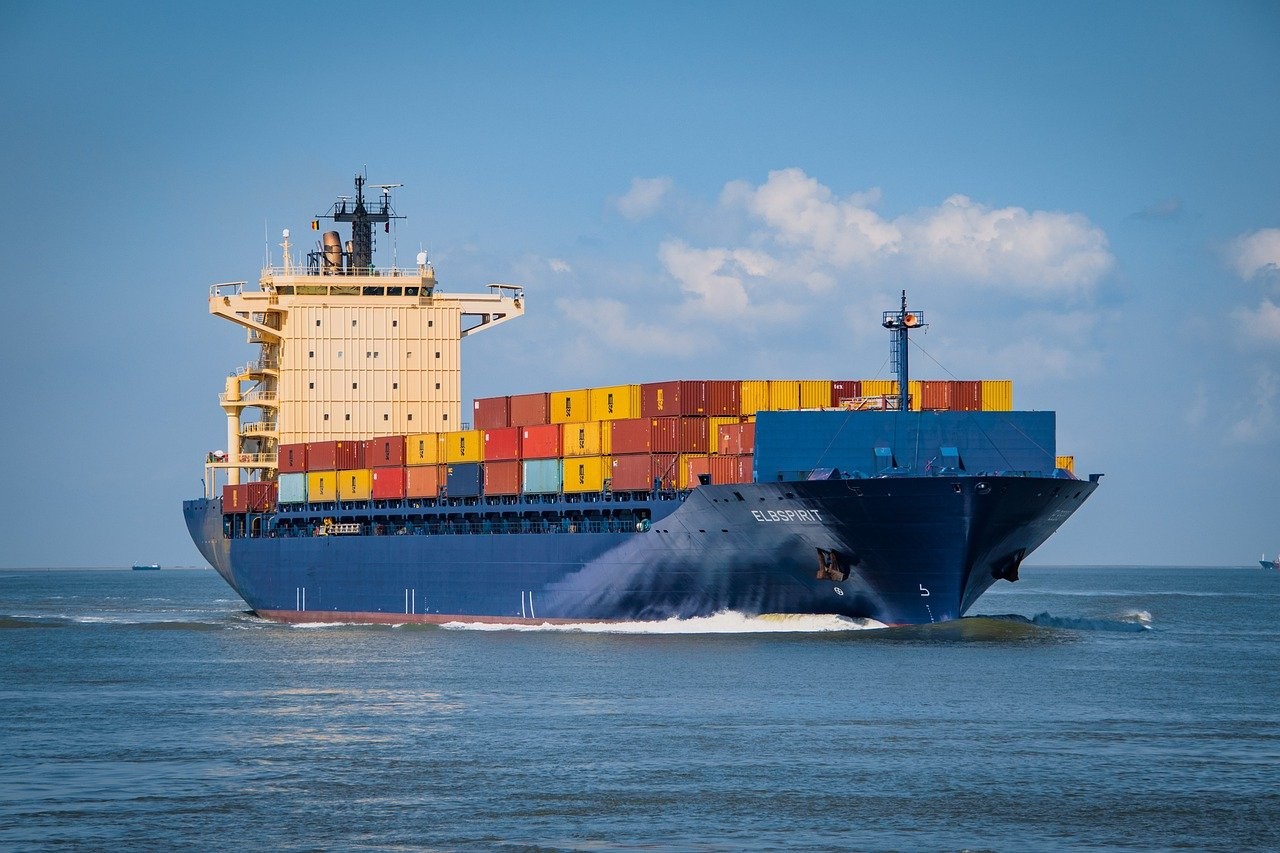
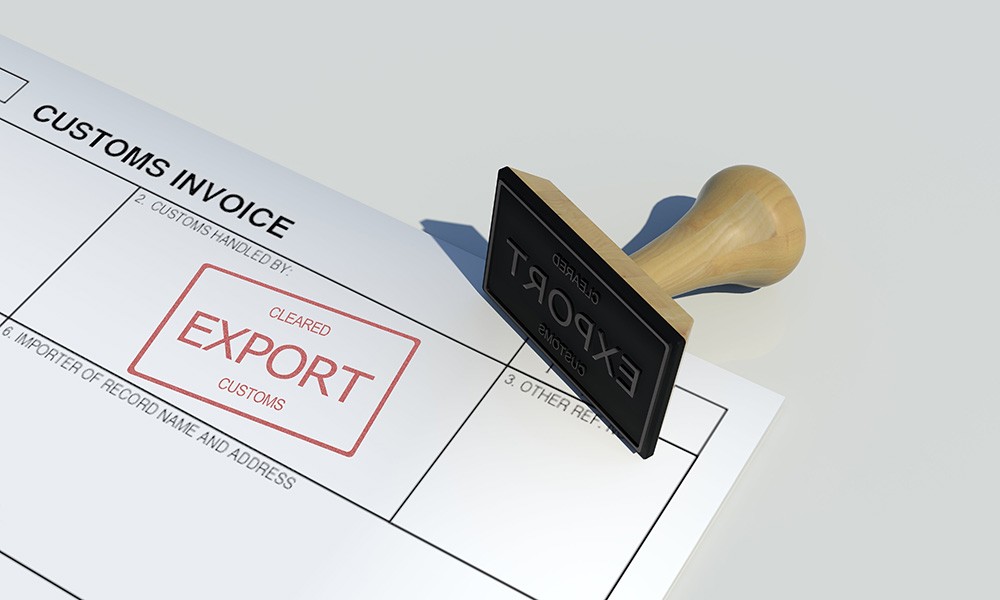
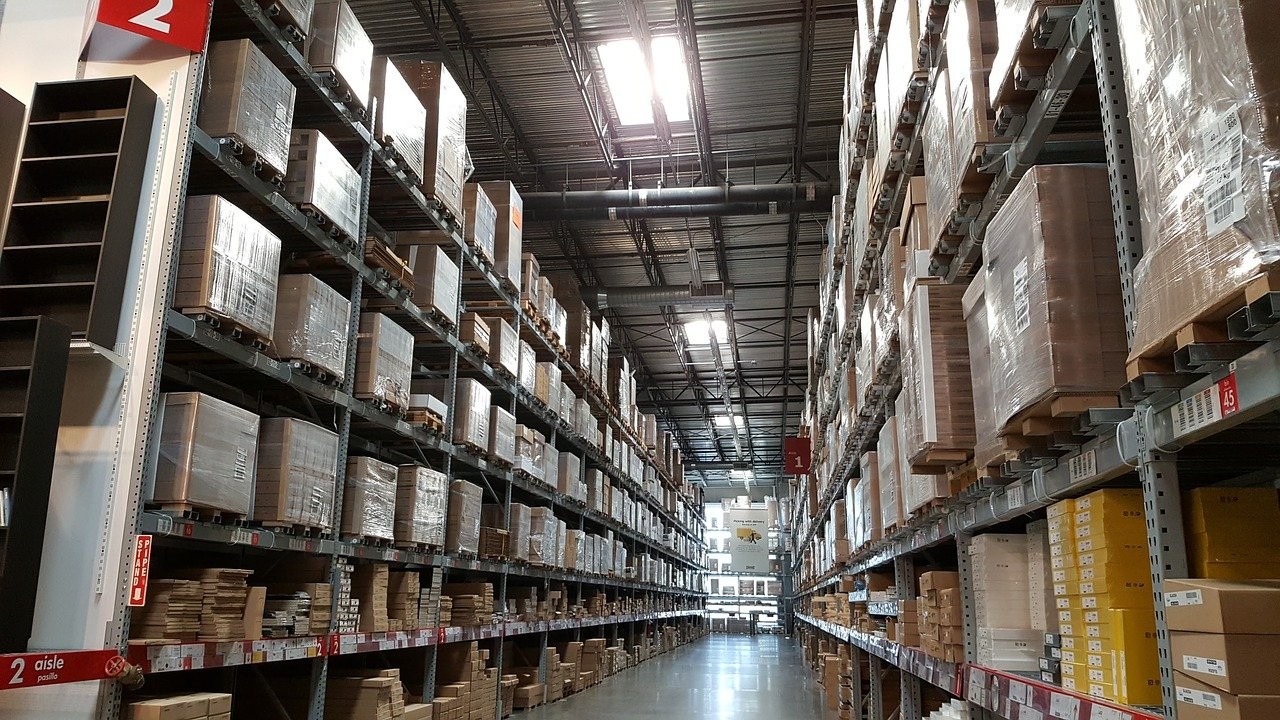
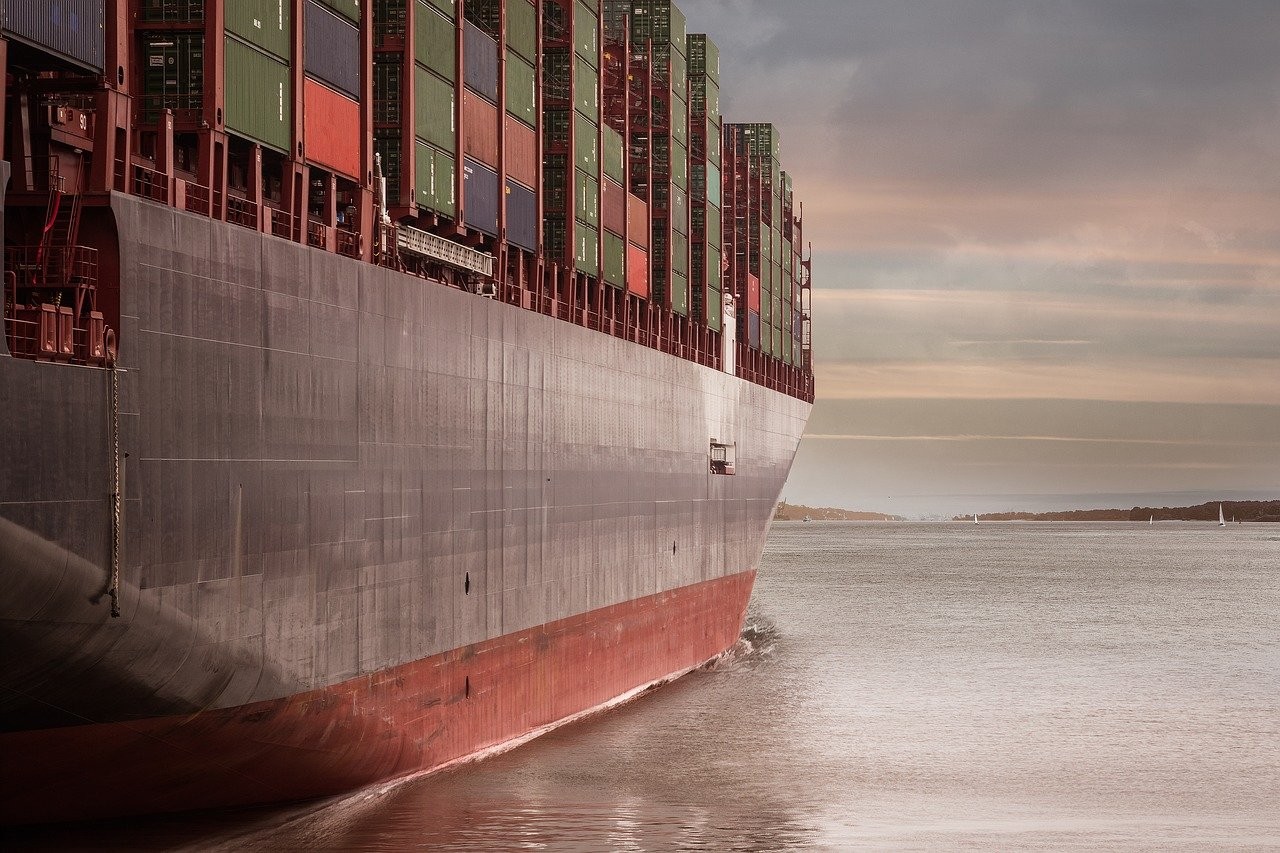
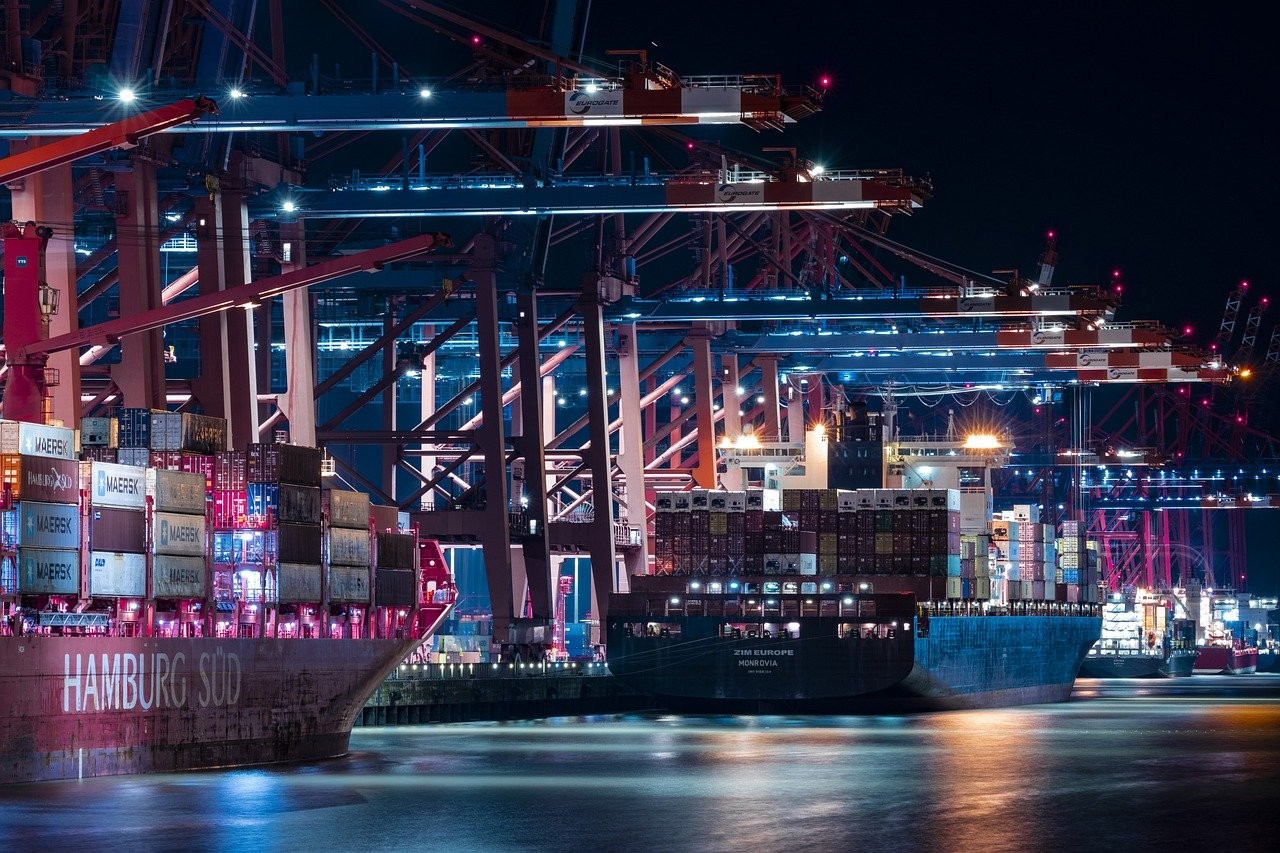
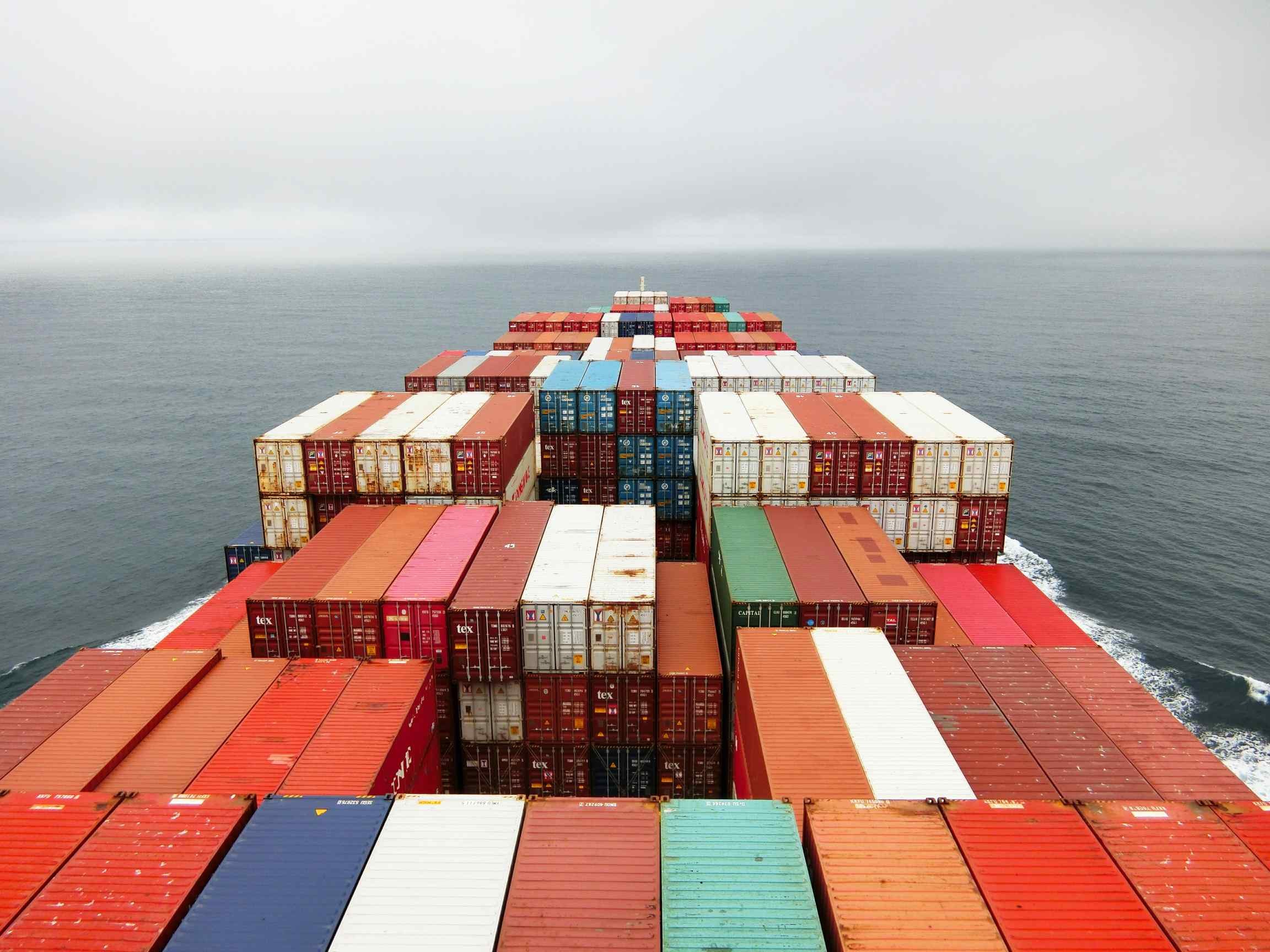
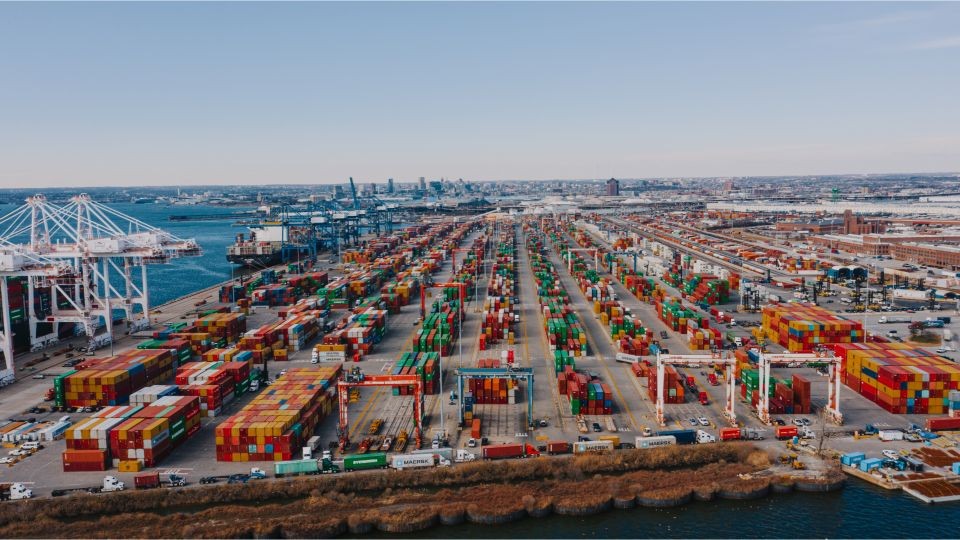

.png)